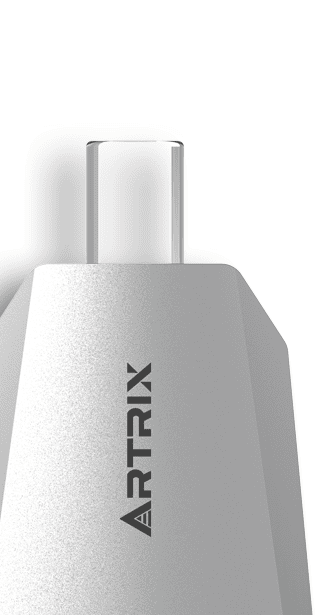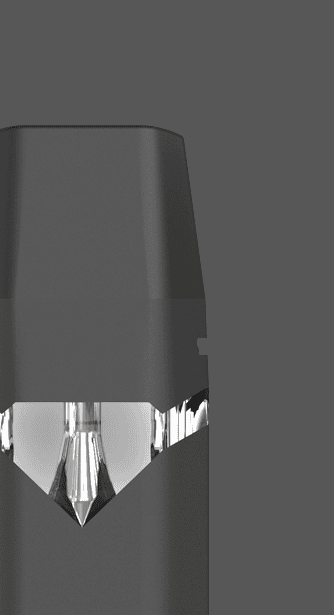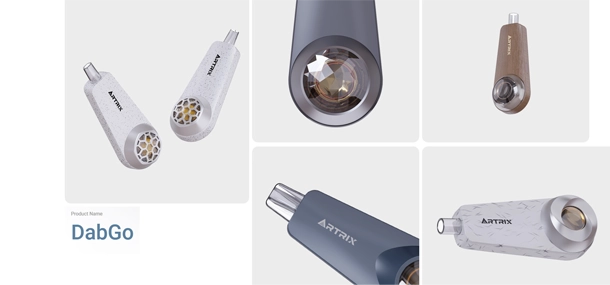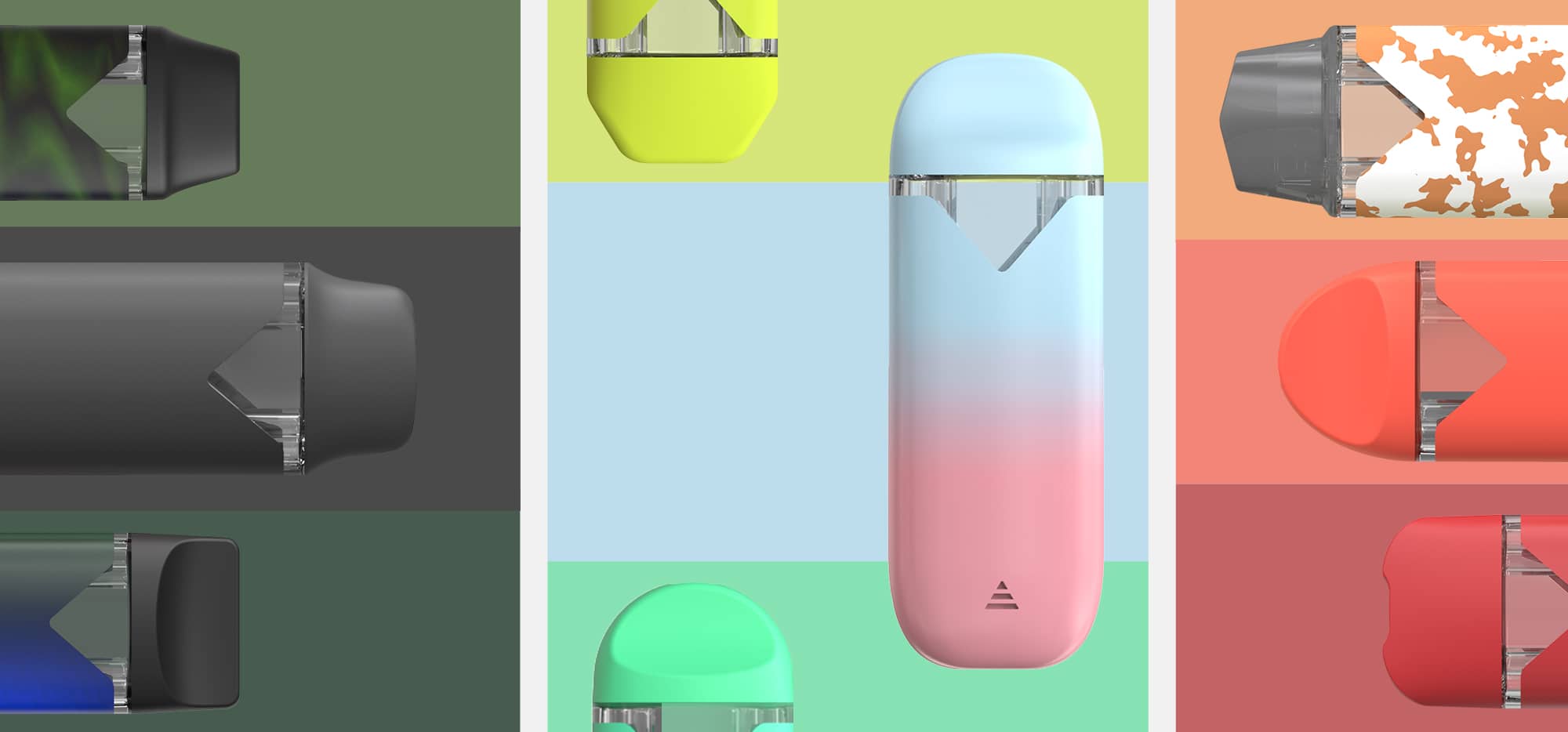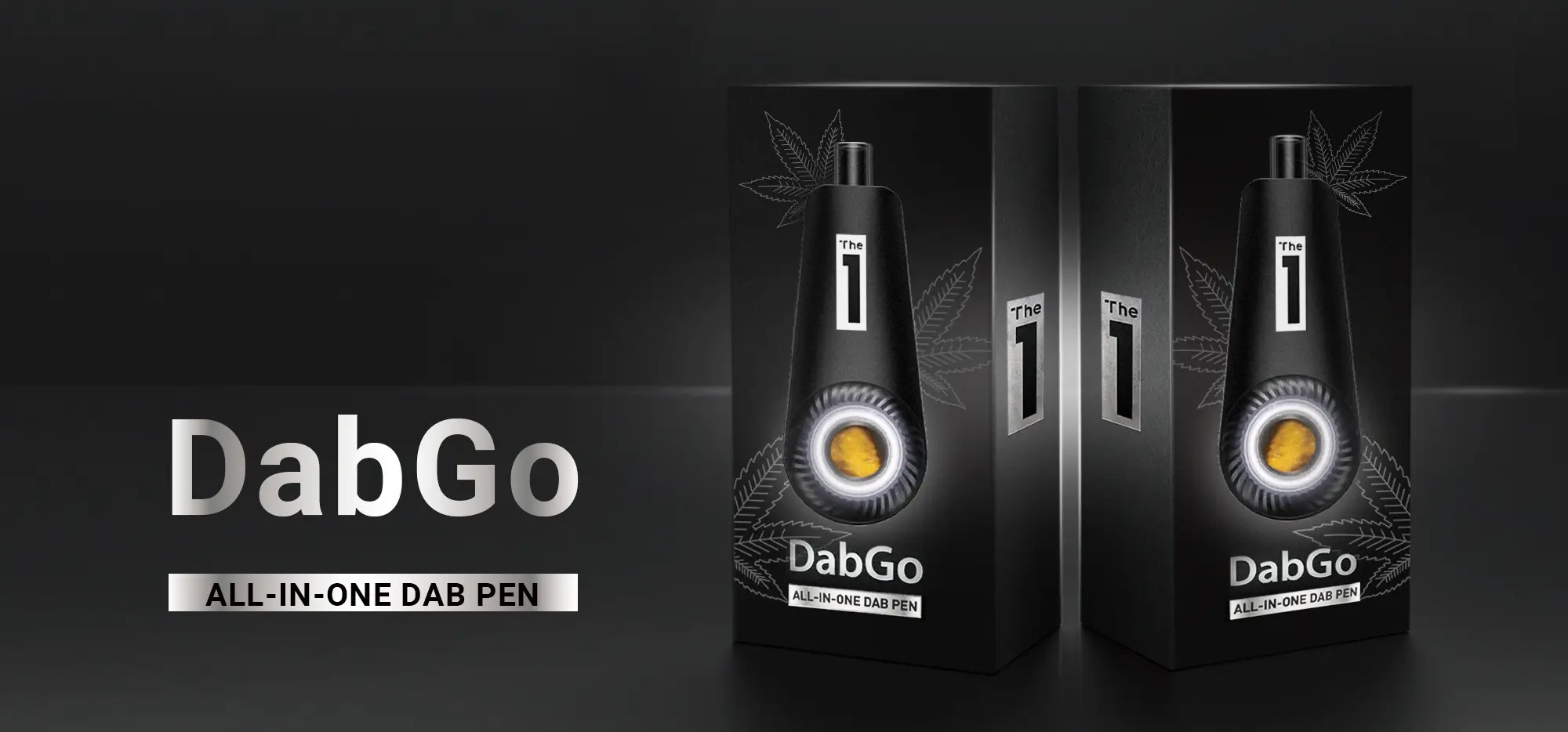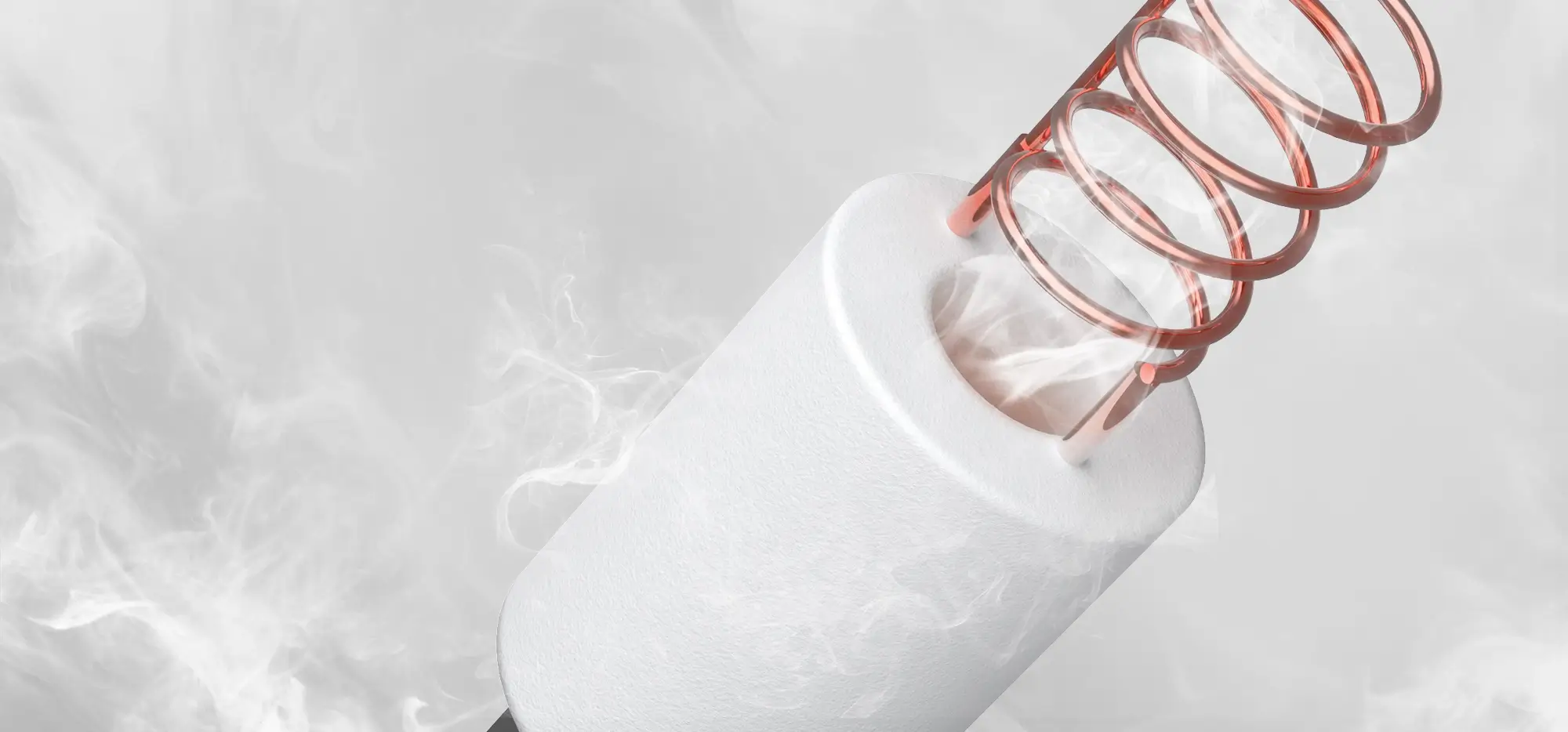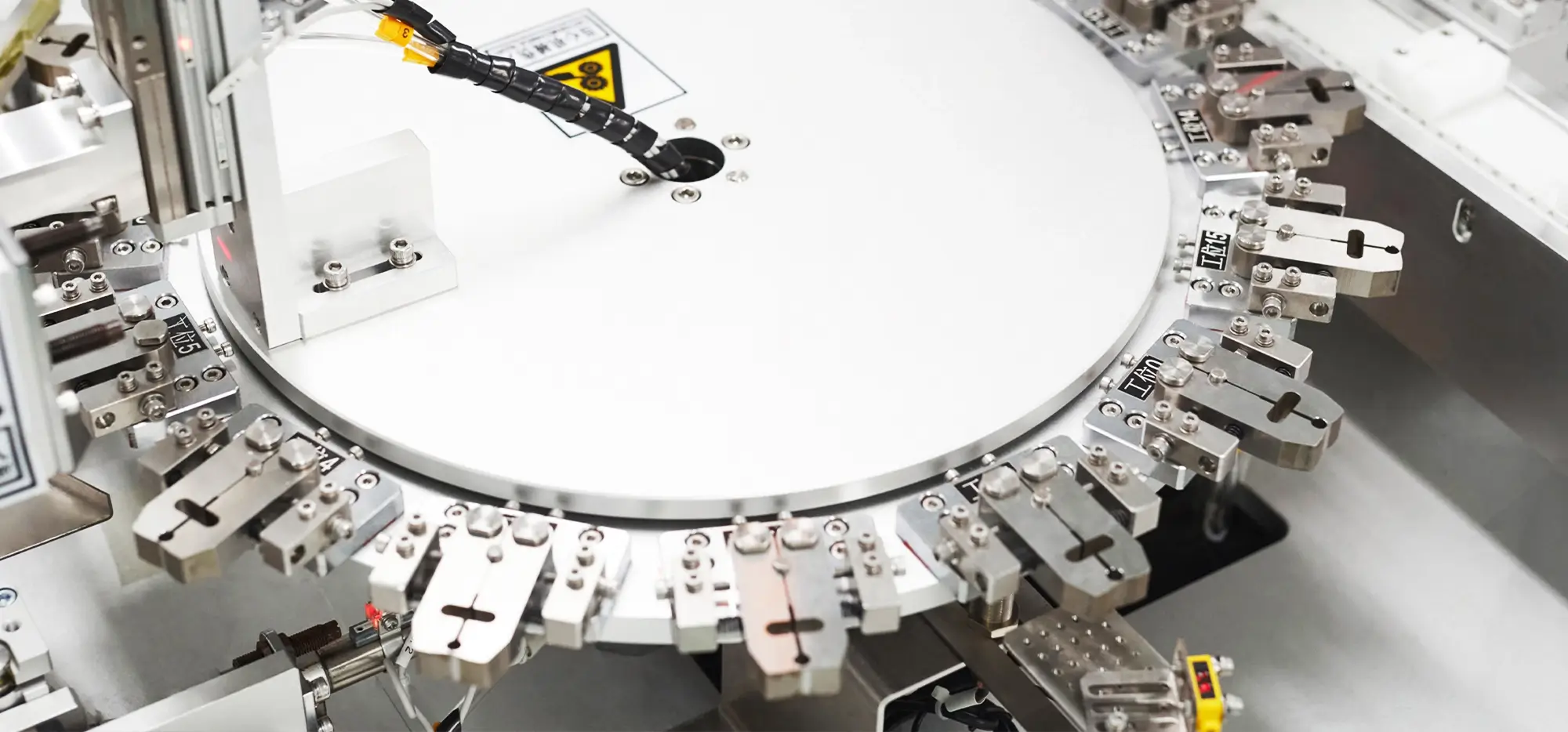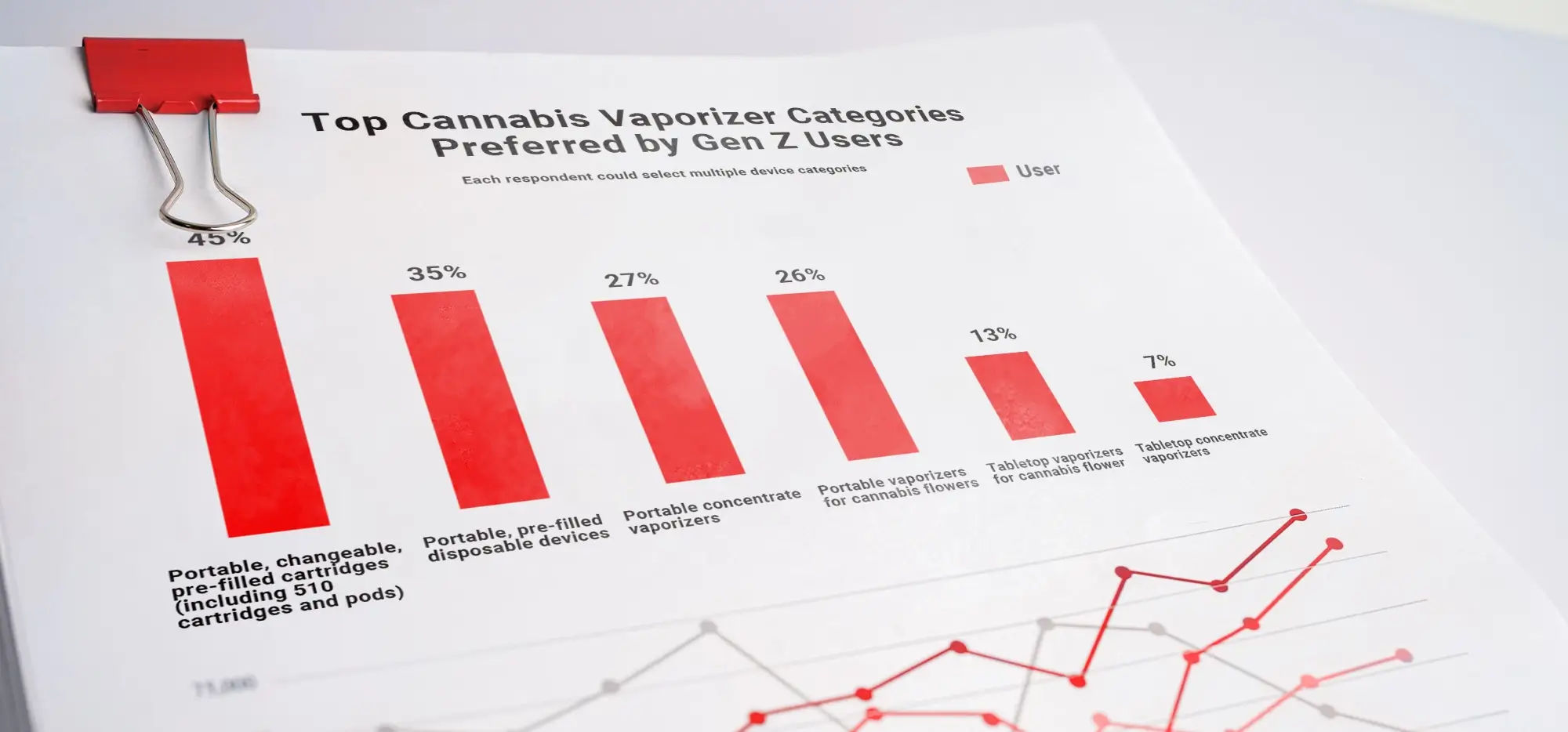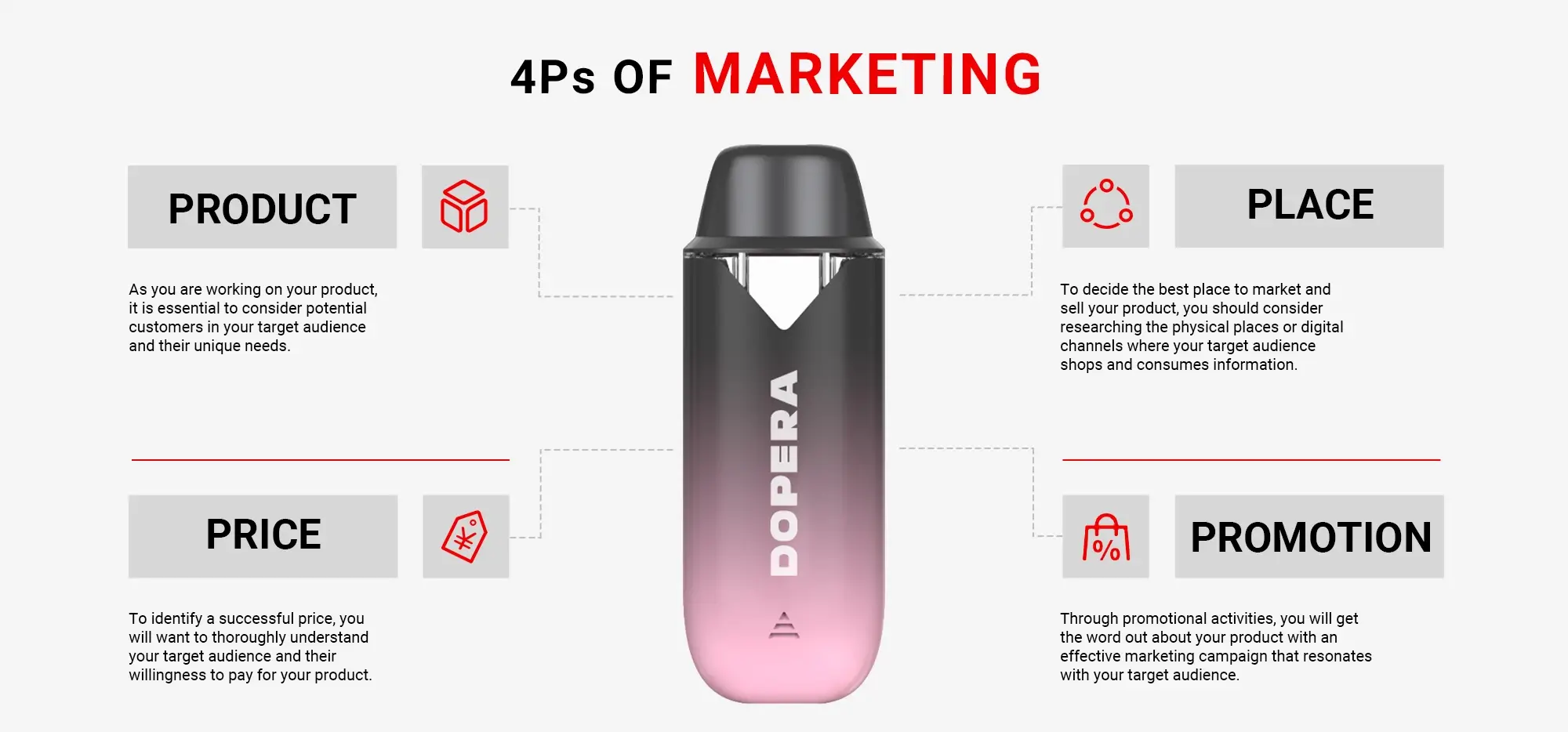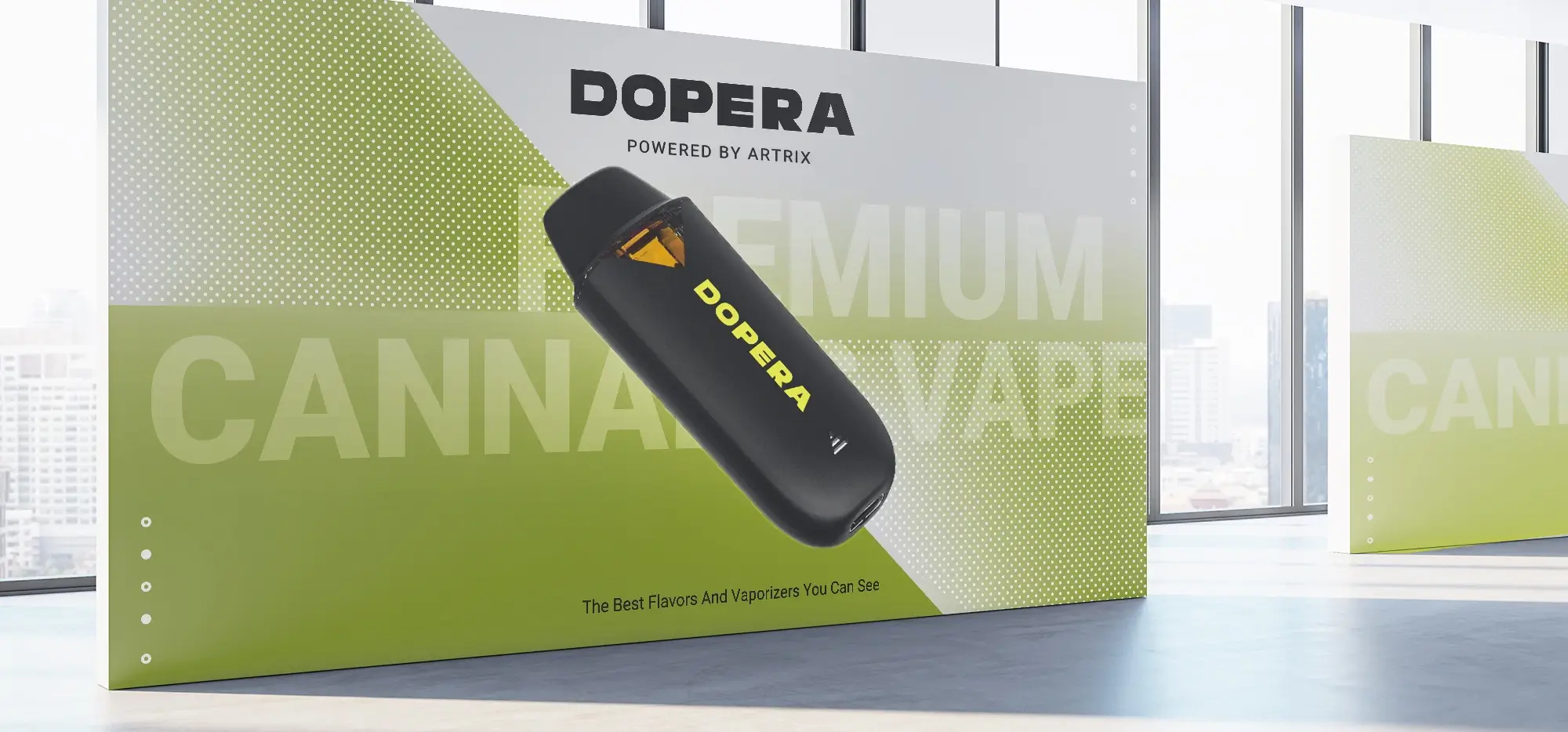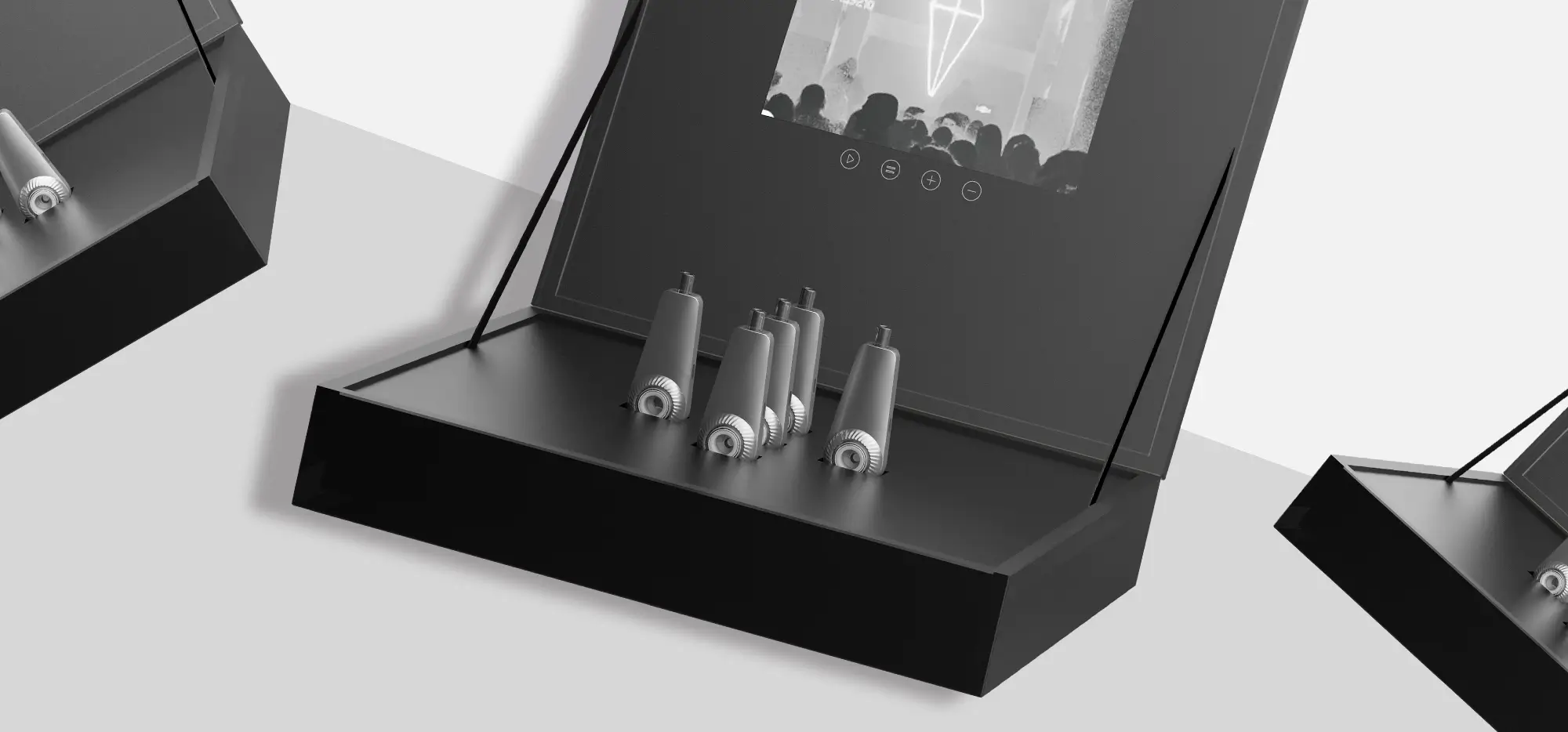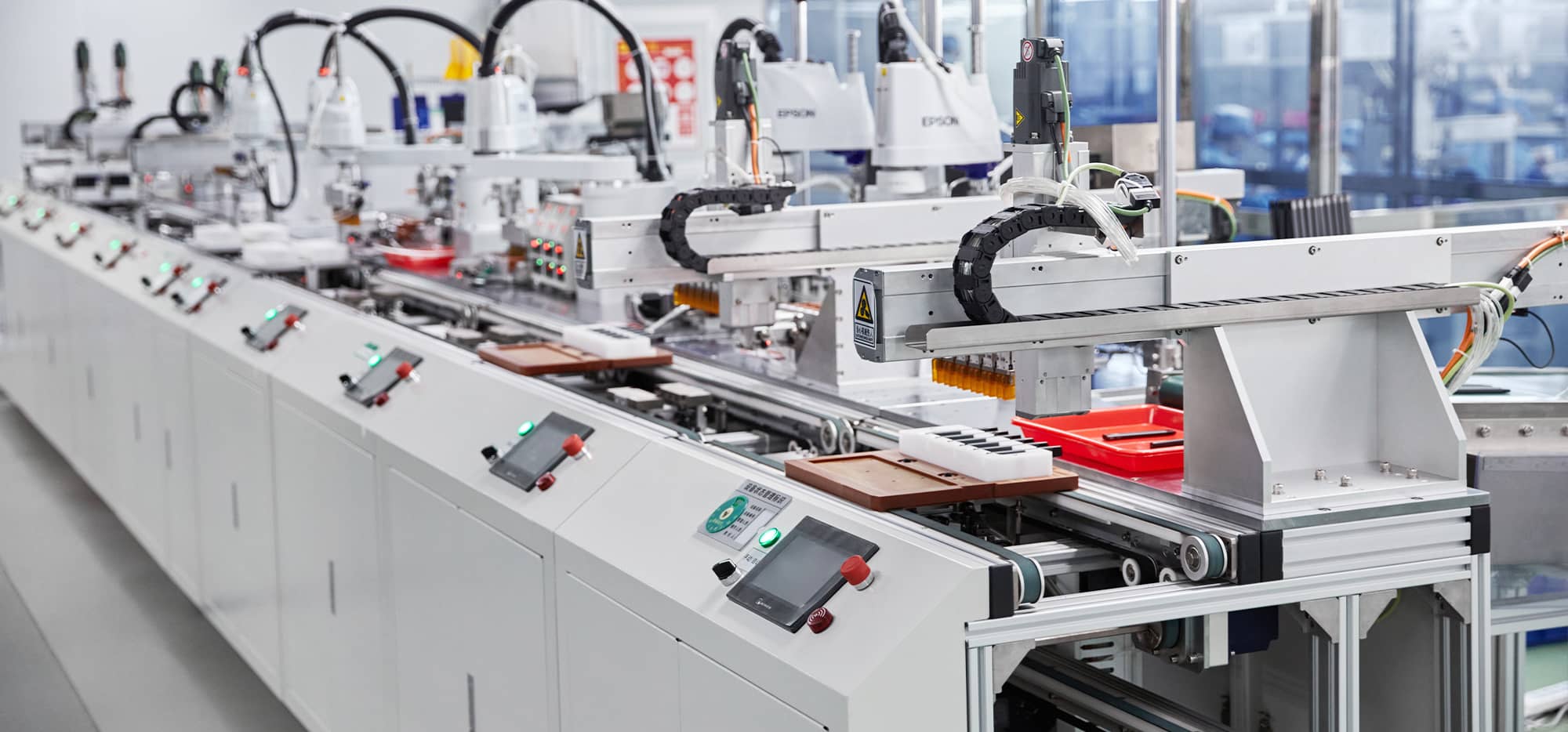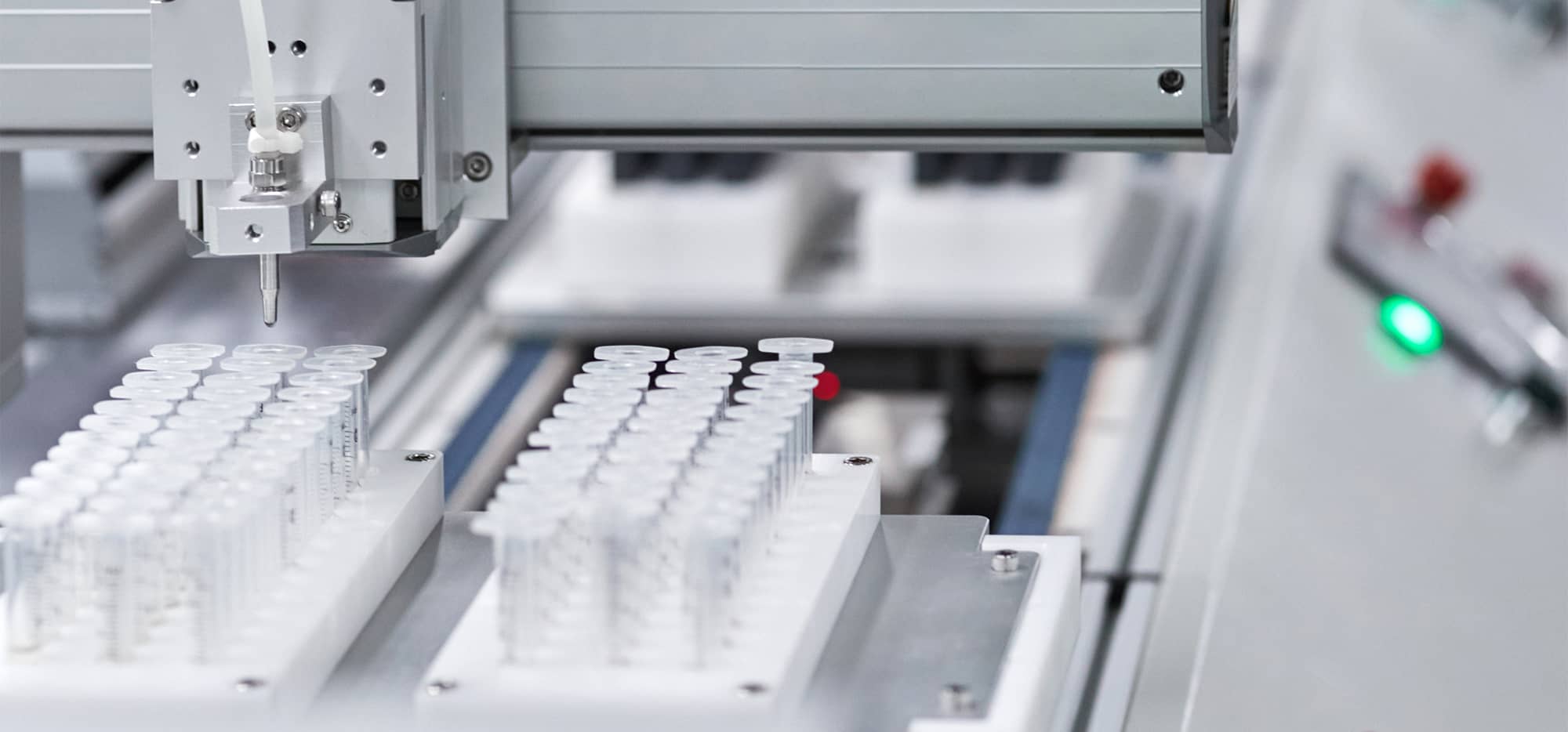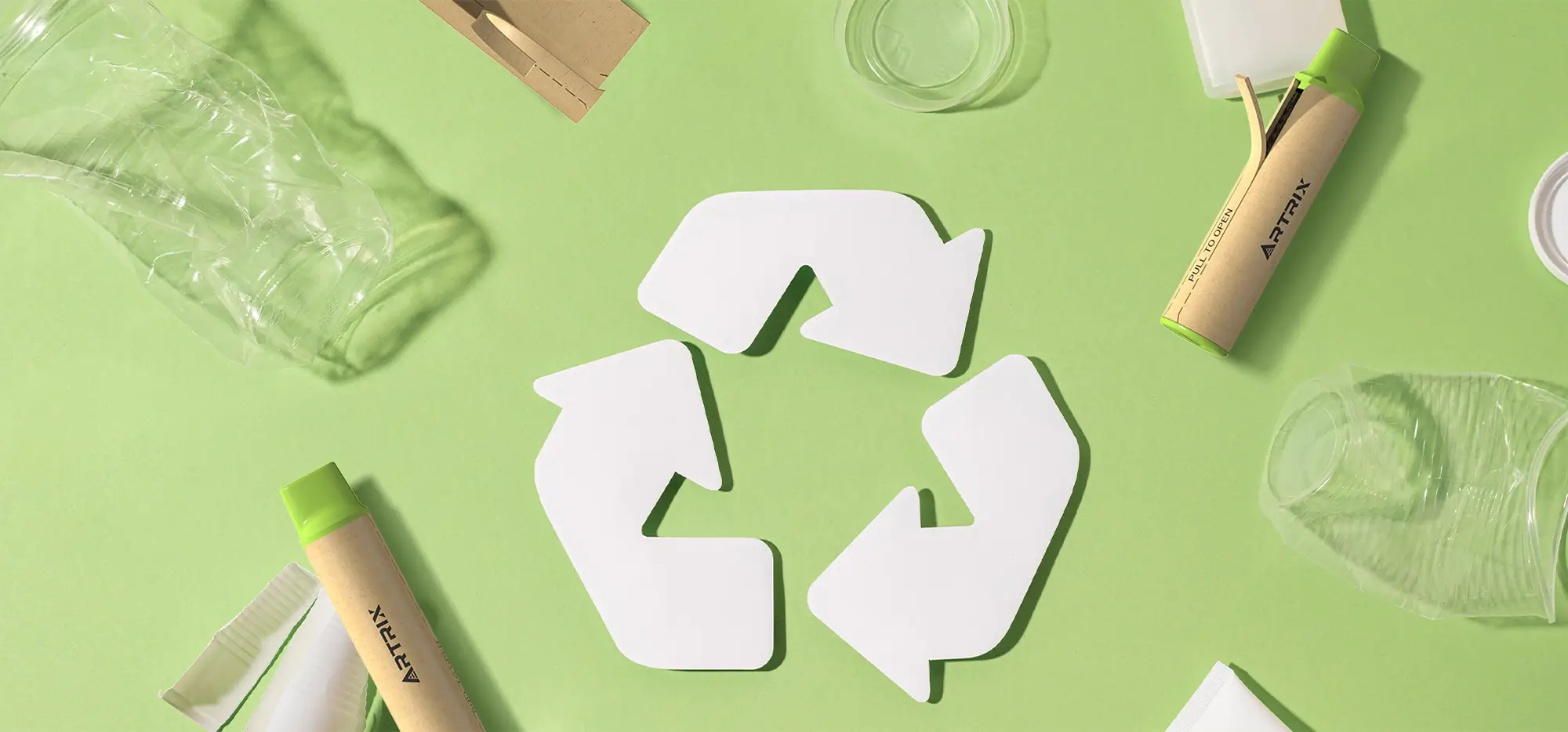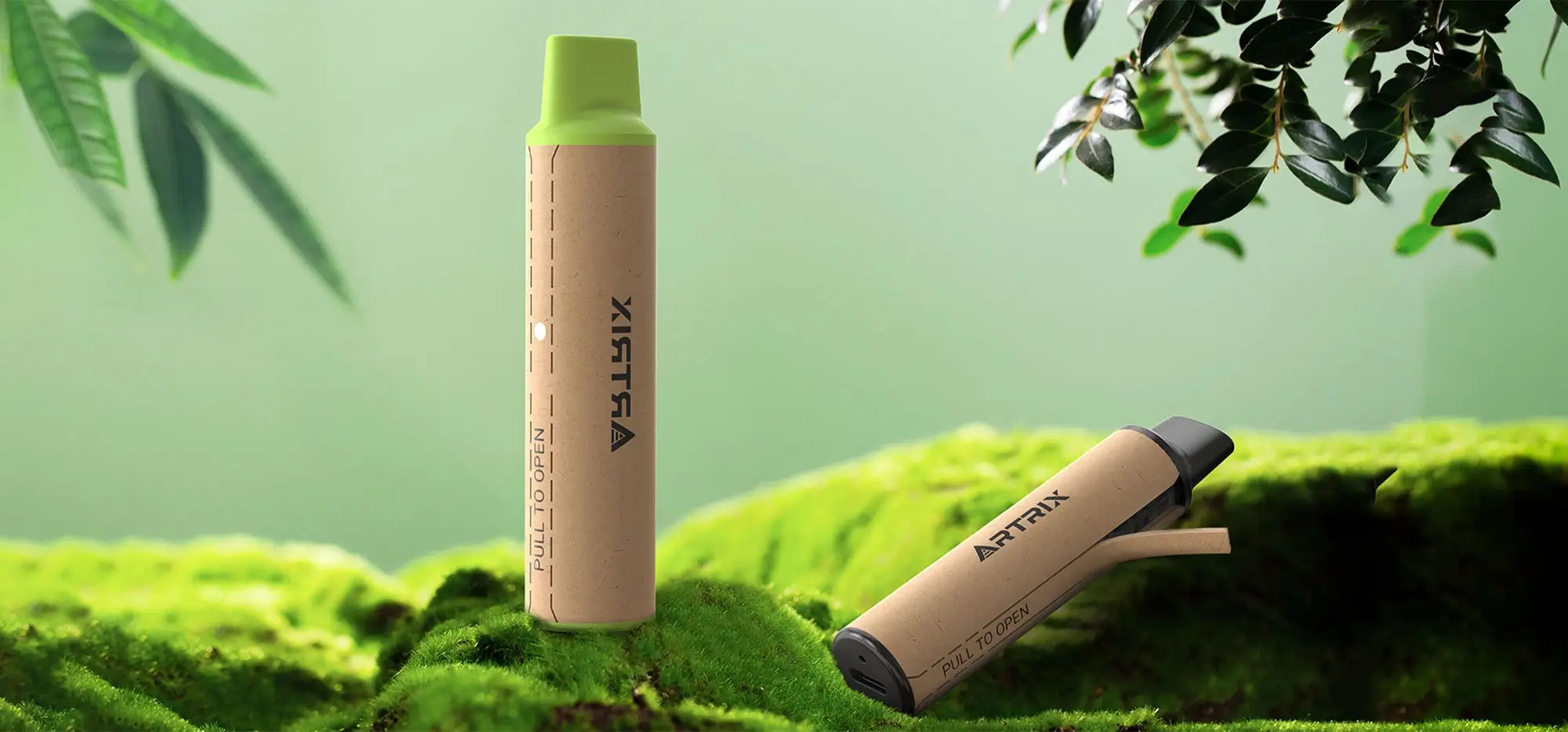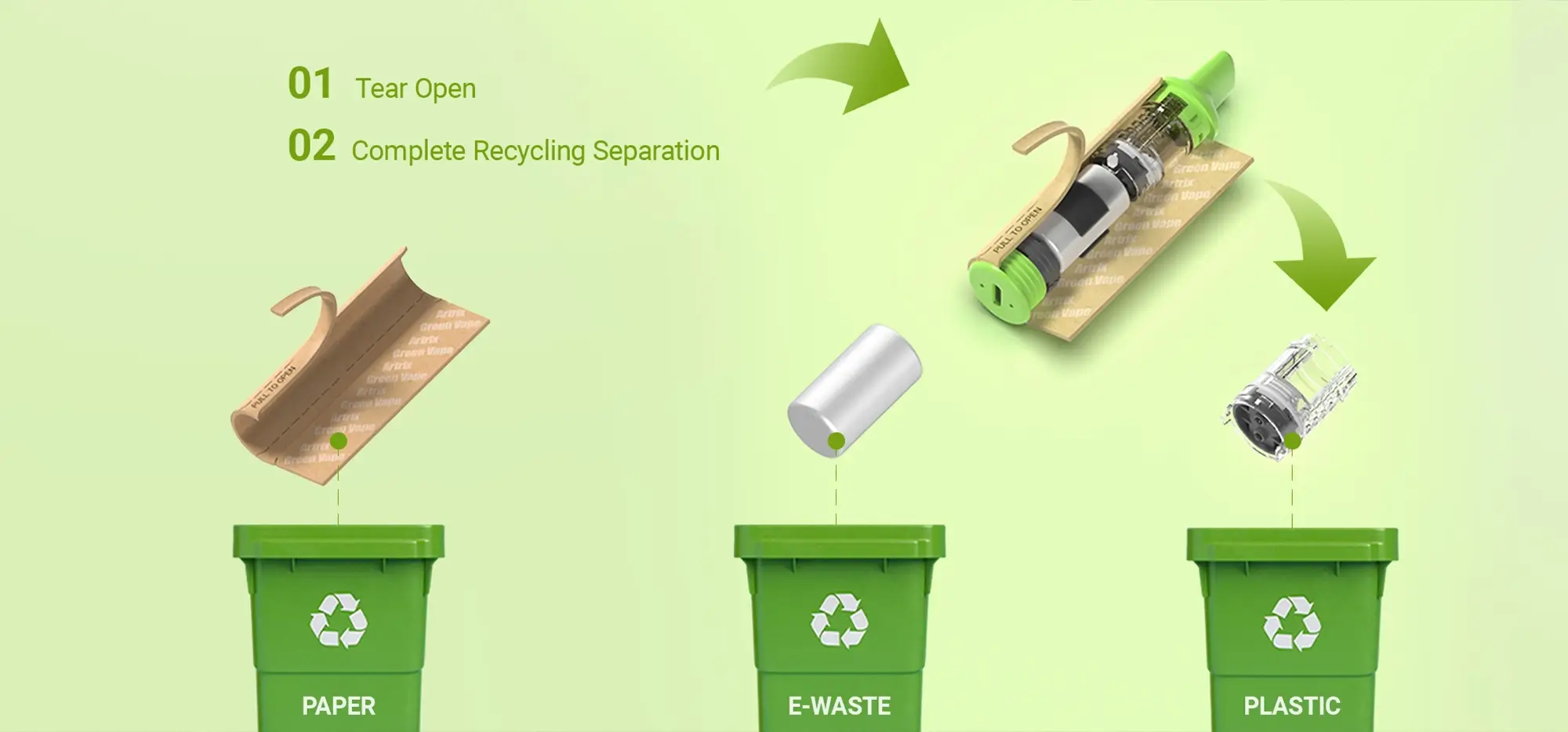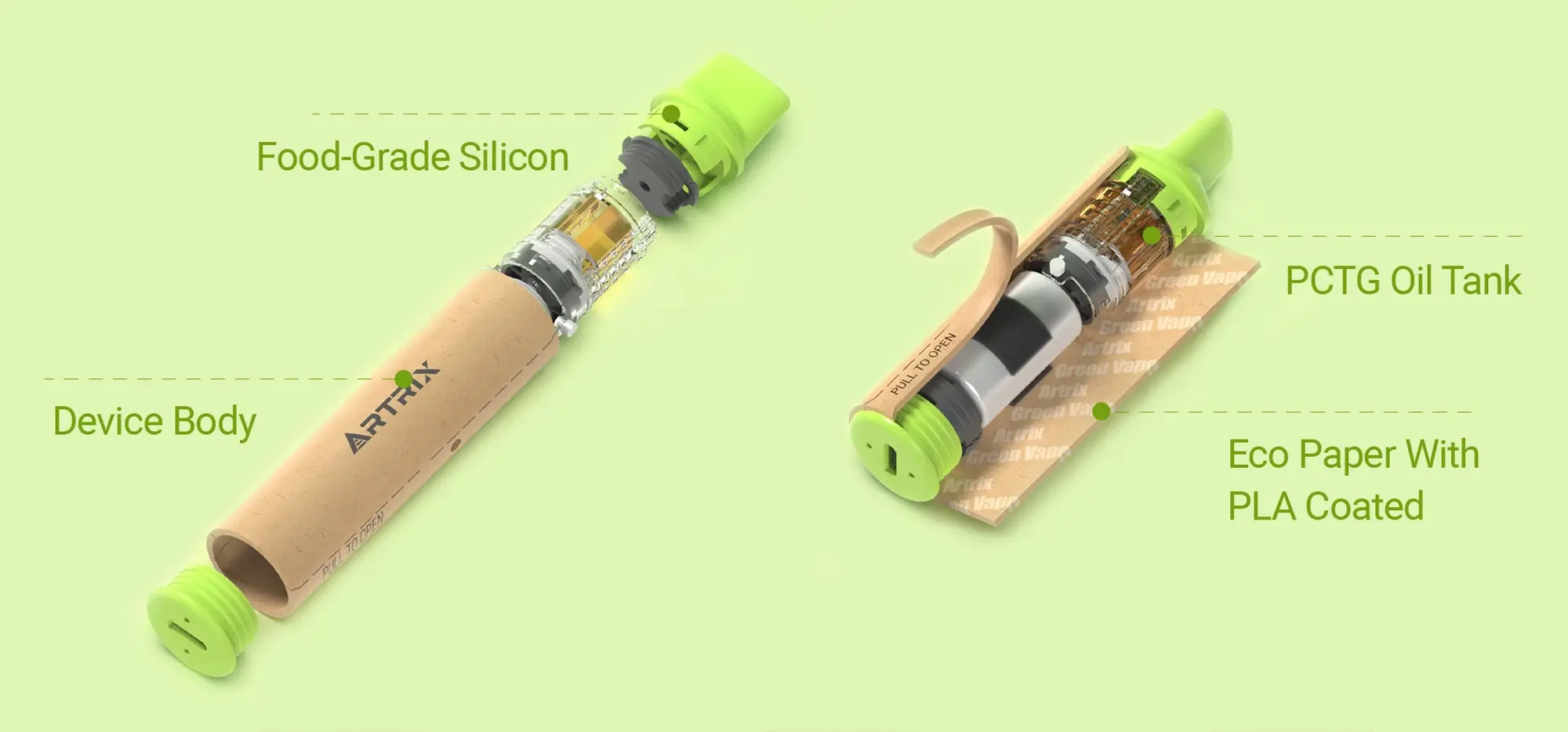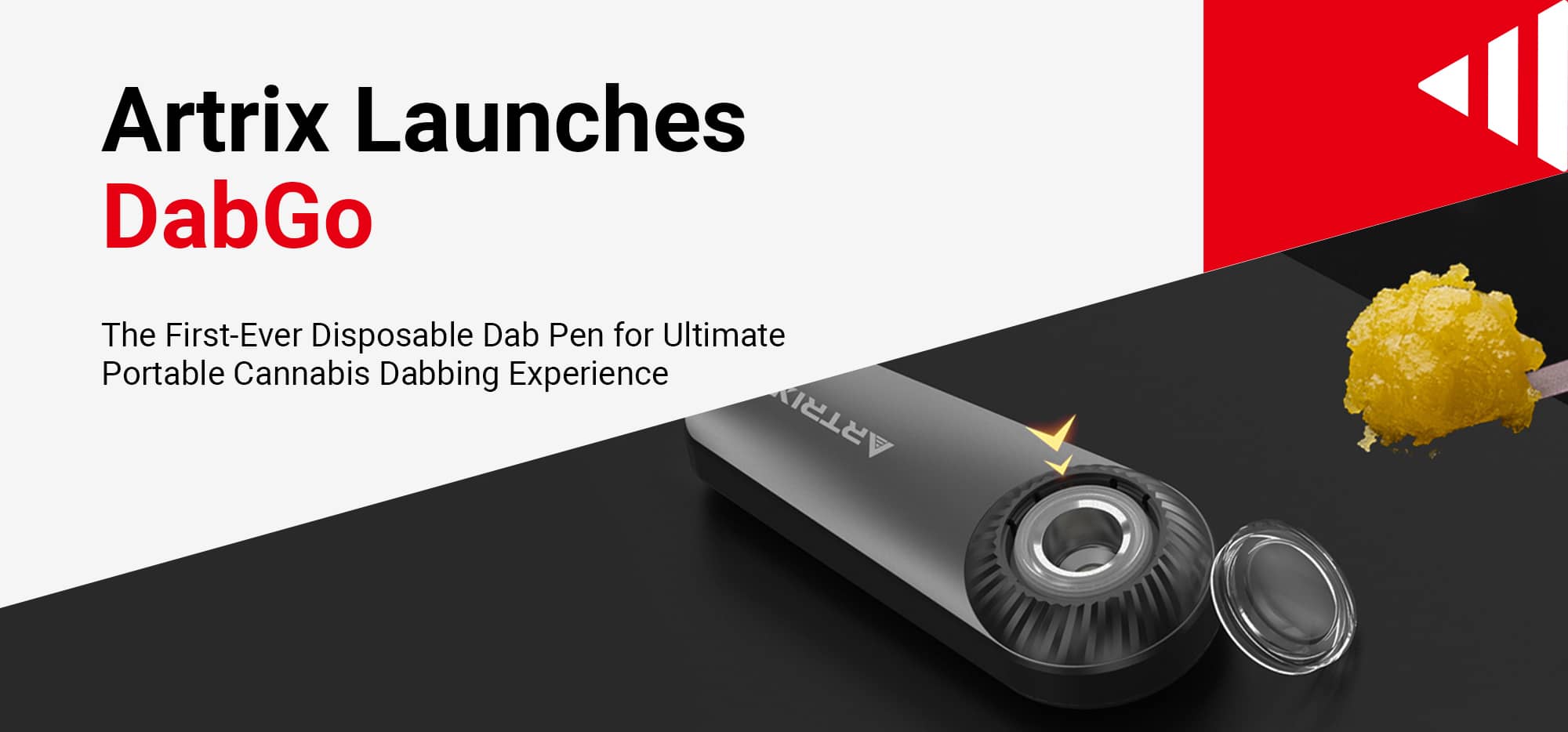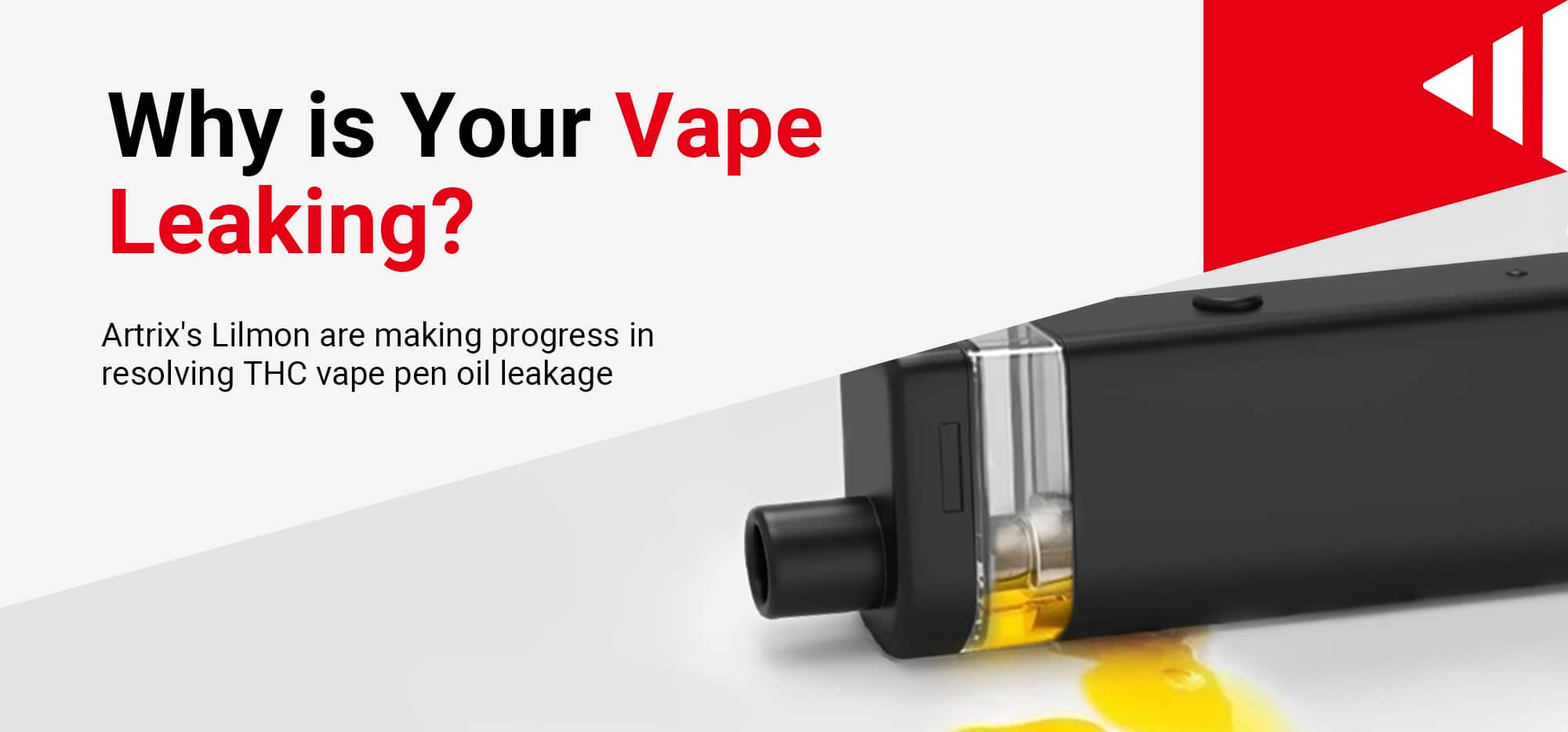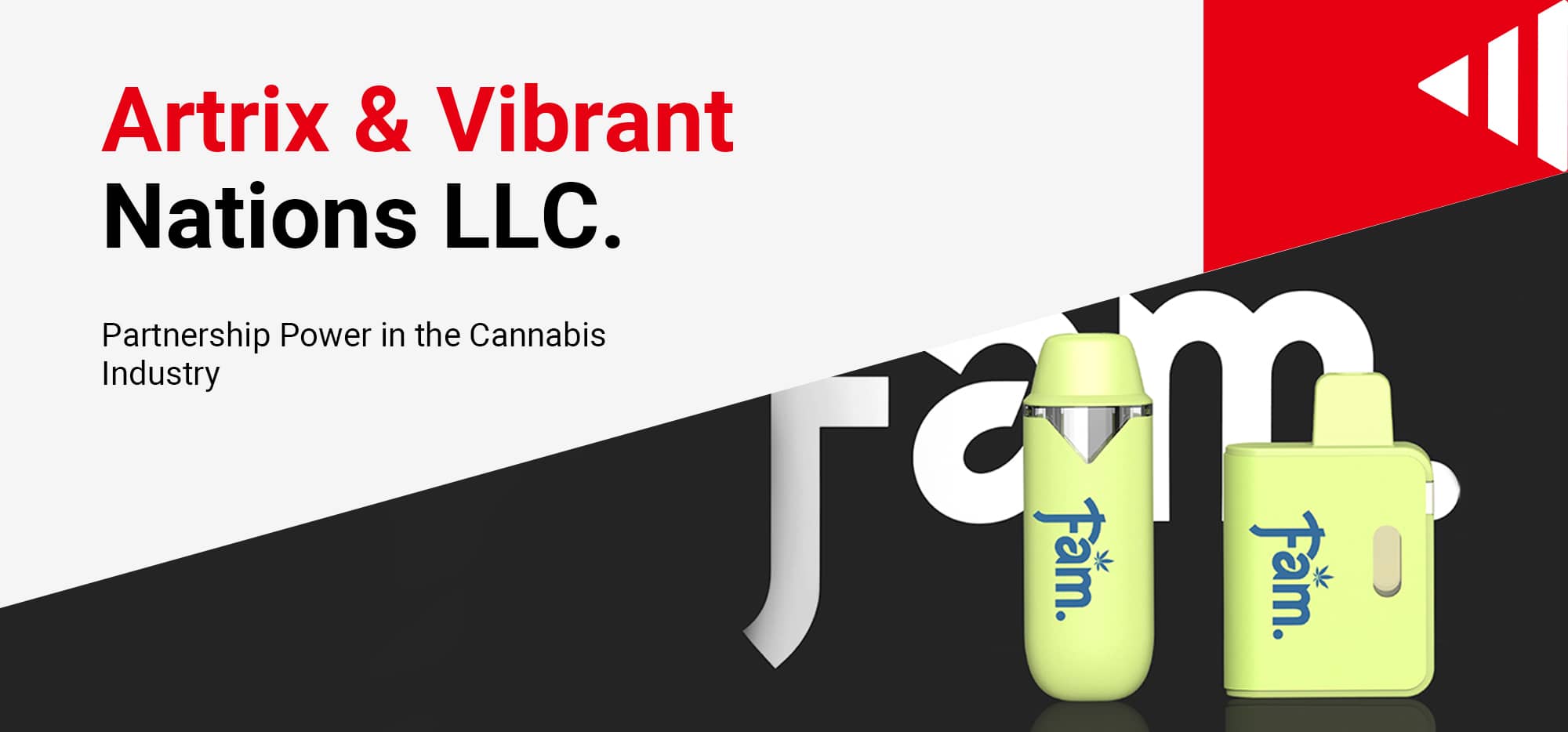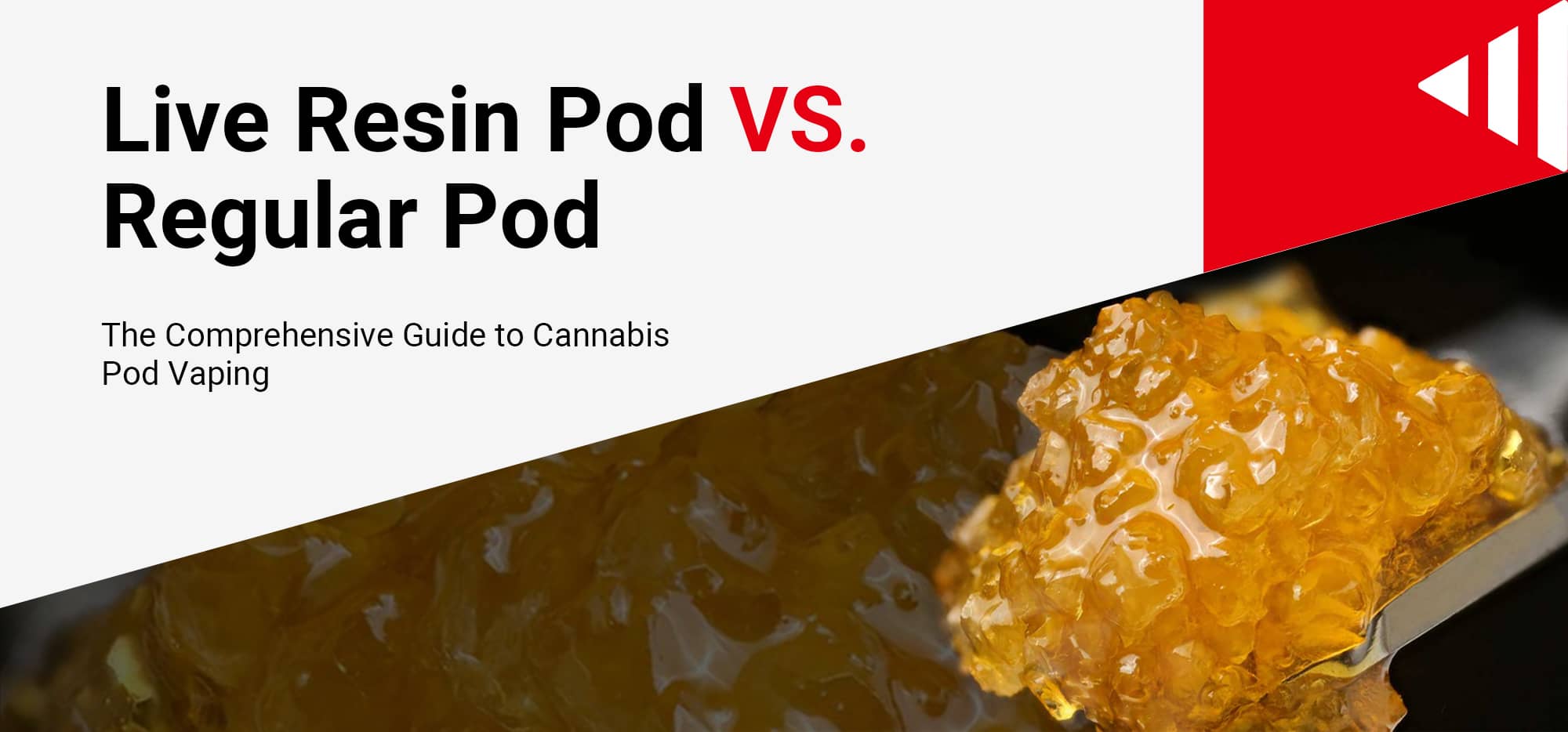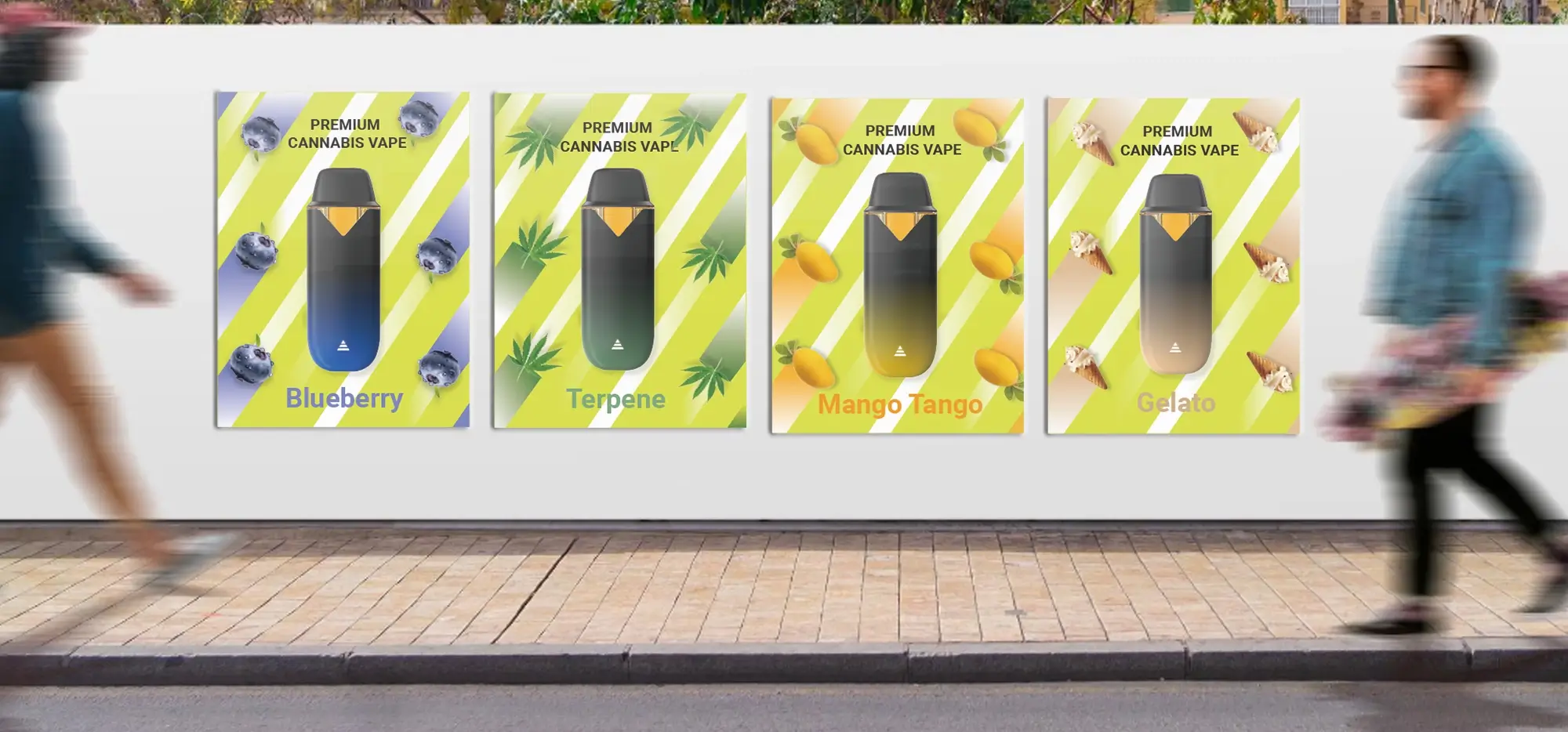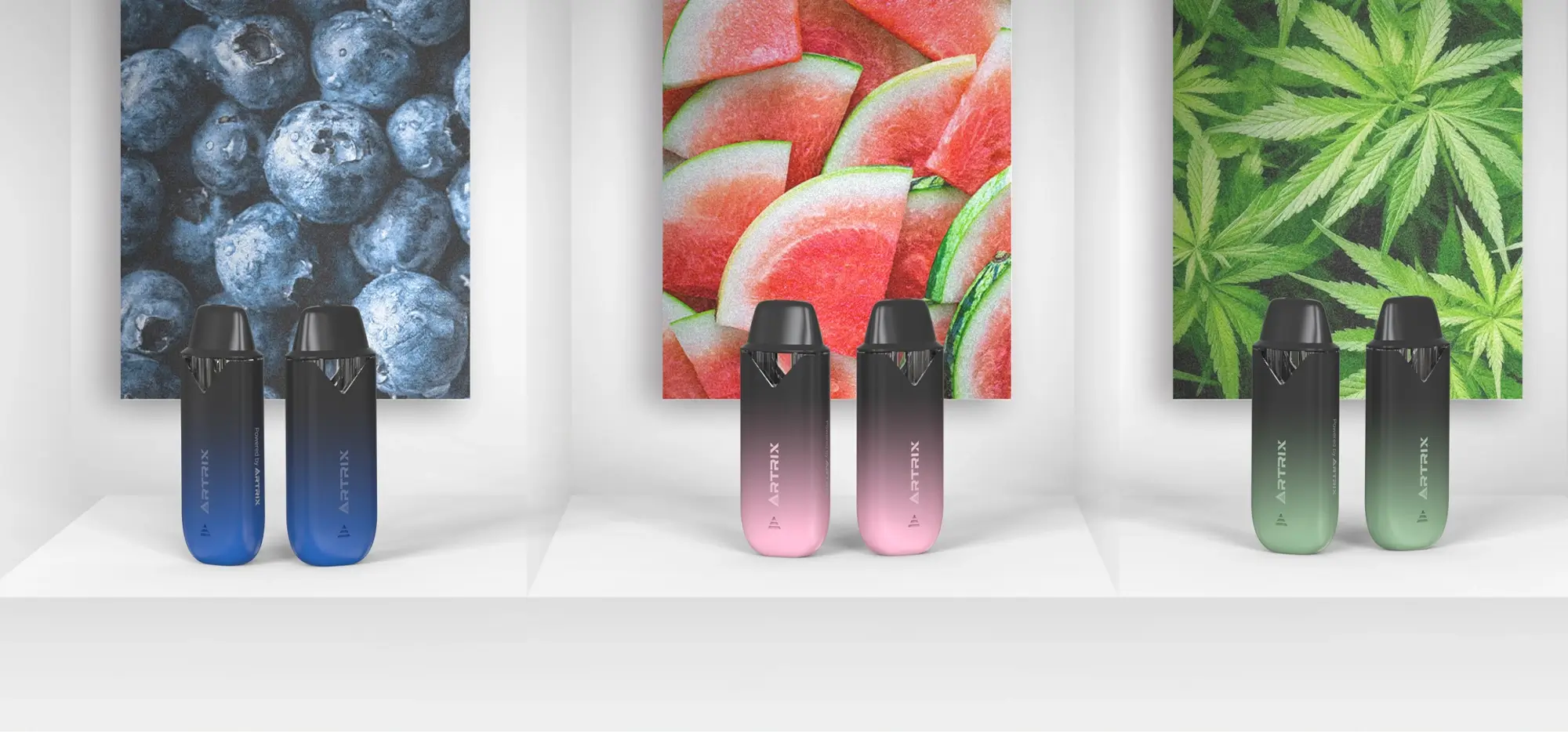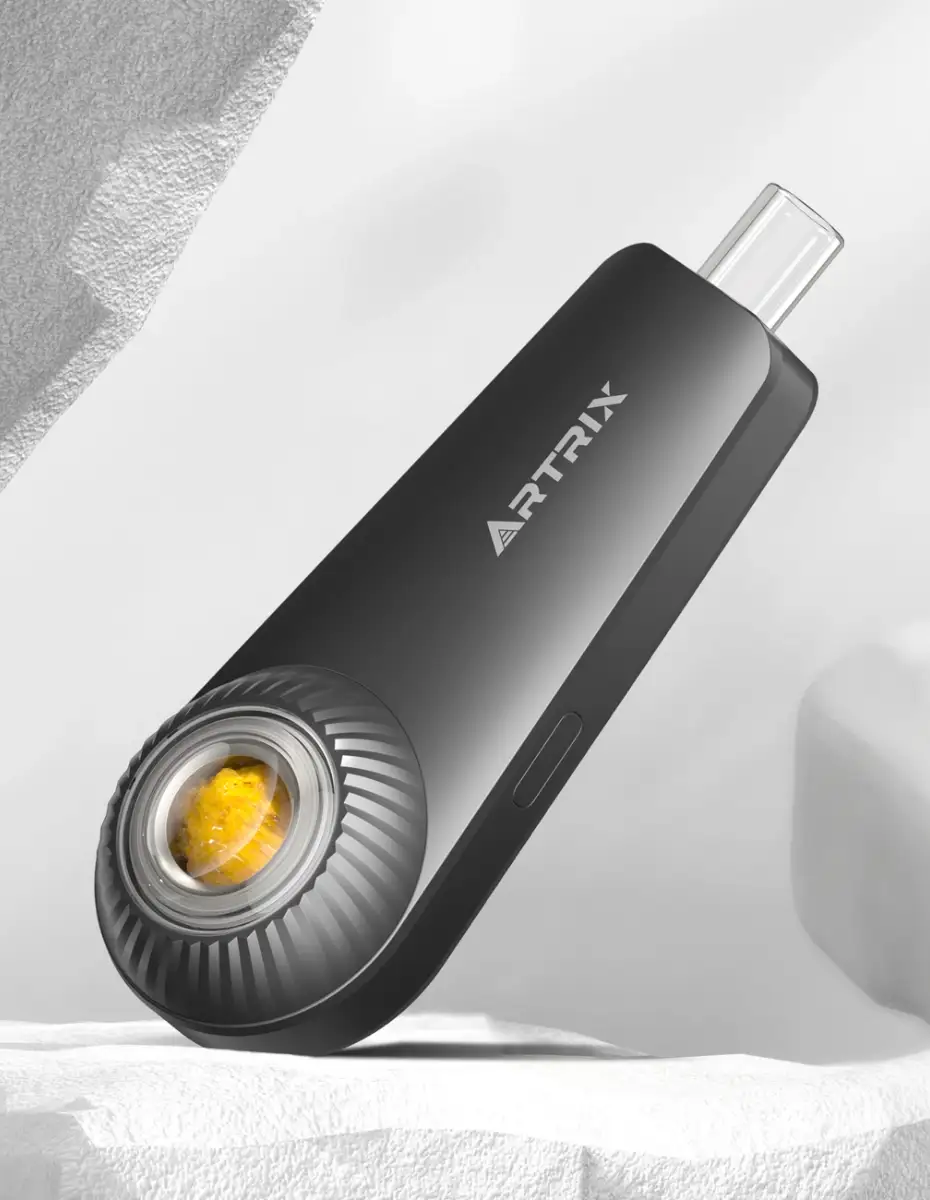What is Live Rosin?
Quick Answer
Definition and Basic Properties
What is “Live” Mean In Cannabis and Concentrates
The term “live” in cannabis refers to preserving the plant’s peak moment—capturing its essence before traditional processing destroys precious compounds.
Fresh-frozen vs. dried cannabis
The difference between fresh-frozen and dried cannabis represents a fundamental choice between preservation and tradition. As mentioned above, the drying and curing process can rapidly deplete and degrade terpenes. However, you don’t need to dry and cure cannabis flower prior to extraction, and this process can be skipped altogether by flash-freezing your cannabis immediately upon harvest.
fresh-freezing science
The science behind fresh-freezing is elegant in its simplicity. When cannabis is frozen immediately after harvest, cellular activity stops. The delicate terpenes that would normally evaporate during drying remain locked within the plant tissue. Using this method, the terpenes that would otherwise have been lost are now preserved within the plant.
Why timing matters in extraction
Timing in live rosin production isn’t just important—it’s everything. The window between harvest and preservation determines whether you capture the plant’s full chemical symphony or settle for a muted version of its potential.
As soon as you’ve bucked and big-leafed your buds, freeze them in turkey bags right away rather than leaving them in a pile. Limiting this dwell time (between harvest and freezing) is critical for minimizing terpene loss. Every minute of delay allows precious compounds to escape into the atmosphere.
How Live Rosin is Made
Live rosin production transforms fresh-frozen cannabis into pure concentrate through an elegant dance of ice, water, heat, and pressure.
DIY at Home
Home production of live rosin is an accessible entry point for cannabis enthusiasts willing to invest in proper equipment and technique. The home setup requires bubble bags in multiple micron sizes, a large mixing container, wooden spoons for agitation, and plenty of ice, with the entire process involving multiple gentle wash cycles to preserve trichome integrity.
Factory Production
Commercial live rosin production transforms the artisanal home process into an industrial operation capable of processing hundreds of pounds while maintaining premium quality standards. Professional facilities utilize walk-in freezers, automated washing systems with precise temperature and agitation controls, and hydraulic presses generating tons of pressure to process multiple pounds of bubble hash daily. Pressing: The final and most critical step in the rosin extraction involves pressing the hash using a rosin press. Quality control involves laboratory testing at every stage—incoming material, bubble hash purity, and final rosin analysis—ensuring consistent cannabinoid and terpene profiles across large batches.
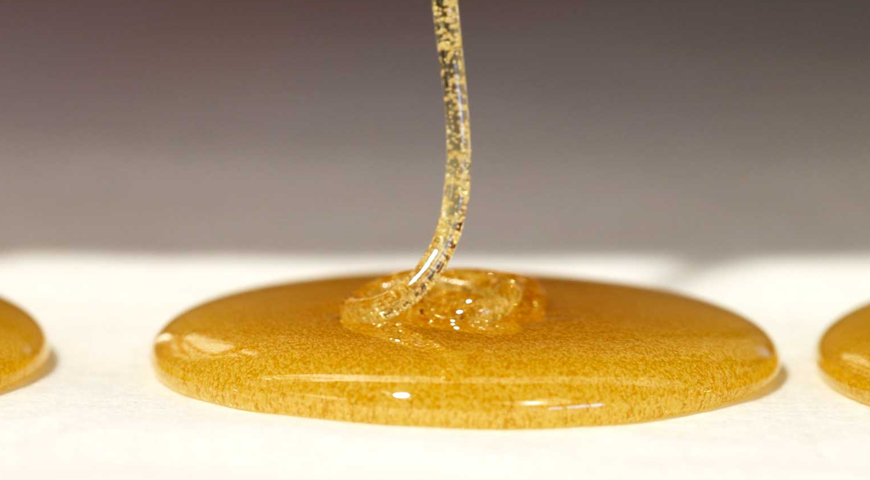
Live Rosin vs. Other Cannabis Concentrates
Live Rosin vs Live Resin
Both use fresh-frozen cannabis, but one relies on chemicals while the other uses pure pressure. For a comprehensive breakdown of extraction methods, flavor differences, and cost analysis, read our detailed [Live Rosin vs Live Resin: Complete Comparison Guide].
| Factor | Live Rosin | Live Resin |
|---|---|---|
| What it is | Fresh-frozen cannabis pressed with heat and pressure only | Fresh-frozen cannabis extracted with butane/propane |
| Extraction method | Solventless (no chemicals) | Solvent-based (chemicals removed later) |
| Production speed | 2 pounds per hour | 40 pounds per hour |
| Purity perception | Considered “cleaner” – no chemical solvents used | Safe but uses chemicals in process |
| Flavor profile | More nuanced flavor, smoother consumption | Robust flavor, slight chemical processing effect |
| Price range | $60-120+ per gram (premium) | $40-80 per gram (more accessible) |
| Best for | Purity-focused users, health-conscious consumers | Efficiency seekers, budget-conscious users |
Live Rosin vs Hash Rosin
The difference between fresh-frozen and dried cannabis creates two distinct solventless experiences.
| Factor | Live Rosin | Hash Rosin |
|---|---|---|
| Starting material | Fresh-frozen cannabis (never dried) | Dried and cured cannabis |
| Timing | Cannabis buds immediately frozen to preserve natural resin at peak freshness | Traditional drying/curing (weeks to months) |
| Terpene preservation | Maximum – volatile compounds locked in | Reduced – some terpenes lost during drying |
| Flavor character | Vibrant profile of flavors and effects | More stable, developed flavors |
| Production complexity | Higher (requires immediate freezing) | Lower (uses standard dried material) |
| Availability | Limited (seasonal, specialized) | More consistent year-round |
| Price | Premium pricing | Moderate pricing |
Consumption Methods Ranked by Experience
From gentle introductions to intense experiences, live rosin adapts to every consumption style and expertise level.
Beginner-Friendly Options
New users need consumption methods that offer control, predictability, and gentler introduction to live rosin’s potency.
Edibles
Edibles represent the most approachable entry point for live rosin newcomers, offering precise dosing and extended, manageable effects. You can add live resin to food to make edibles, but note that infusing live resin into brownies, gummies, or chocolates requires decarboxylation to activate the THC and other cannabinoids.
Start with 2.5-5mg portions, waiting 2-4 hours between doses. Live rosin edibles often provide more complex effects than distillate-based products due to preserved terpene profiles creating enhanced entourage effects.
Vape cartridges
Vape cartridges offer controlled dosing with immediate feedback, making them excellent for beginners learning their tolerance levels. Temperature considerations become crucial for preserving live rosin’s delicate terpene profile. Lower voltage settings (2.4-3.2V) prevent overheating that can destroy volatile compounds. Start with smallest available voltage setting and adjust upward only if vapor production seems insufficient.
Advanced Techniques
Experienced users often prefer methods that maximize flavor expression and allow for customized dosing approaches.
Dabbing Methods
Dabbing represents the gold standard for live rosin consumption, offering maximum flavor preservation and immediate effects for experienced users.
Dab pen setup requires specific equipment recommendations. Quality dab pens designed for live rosin feature ceramic or quartz heating elements that preserve terpene integrity. Avoid pens with exposed coils that can combust concentrates and create harsh experiences.
Loading techniques matter significantly for live rosin’s waxy consistency.
Temperature control offers optimal ranges between 480-520°F for most live rosin consistencies. Lower temperatures (480-500°F) preserve maximum terpenes but may require longer heating times. Higher temperatures (500-520°F) provide fuller vaporization but risk degrading delicate compounds.Cold-start dabbing techniques work exceptionally well with live rosin. Place concentrate in cool nail, then apply heat gradually until vaporization begins. This method maximizes flavor preservation and prevents overheating.
Smoking Methods
Traditional smoking methods allow live rosin enhancement of flower experiences, though they sacrifice some concentrate purity.
Bowl and bong infusion techniques involve layering small amounts of live rosin between flower layers. The flower acts as a wick, preventing concentrate from melting through screens while providing combustion material.
Flower-to-concentrate ratios typically work best at 3:1 or 4:1 flower to live rosin by weight. Higher concentrate ratios may cause burning issues, while lower ratios might not provide noticeable enhancement over flower alone.
Effects and Potency
Live rosin’s effects profile differs significantly from other concentrates due to its preservation of the complete cannabinoid and terpene spectrum.
Onset and Duration
Live rosin’s effects timeline varies dramatically by consumption method, but generally delivers faster onset and more intense experiences than traditional flower.
Immediate effects from dabbing/smoking represent the fastest delivery method available. When vaporized or combusted, cannabinoids enter the bloodstream through lung absorption within seconds. Peak effects typically occur within 2-10 minutes, making these methods ideal for precise dosing and immediate relief.
2-4 hour duration typical for most consumption methods, though individual factors affect timing significantly. Body weight, tolerance, metabolism, and consumption method all influence duration. Edible forms extend duration to 4-8 hours due to liver processing creating different metabolites.
Therapeutic Benefits
Live rosin’s medical applications benefit from its full-spectrum preservation, offering enhanced therapeutic potential compared to isolated cannabinoids or solvent-processed concentrates.
Pain Management – Enhanced results compared to isolated THC or CBD products due to complex terpene profiles providing additional anti-inflammatory and analgesic properties
Anxiety and Mood Disorders – Preliminary studies have shown that terpenes have the following health benefits Preserving Terpenes: The Vital Role in Cannabis Quality, particularly strains high in linalool, limonene, or myrcene
Sleep Disorders – Indica live rosin preserves sedating terpenes like myrcene and linalool, combined with natural CBN content for enhanced rest promotion
Chronic Inflammation – Full-spectrum preservation maintains anti-inflammatory compounds that work synergistically with cannabinoids
Epilepsy and Seizures – Some patients report better seizure control with full-spectrum products versus isolated compounds
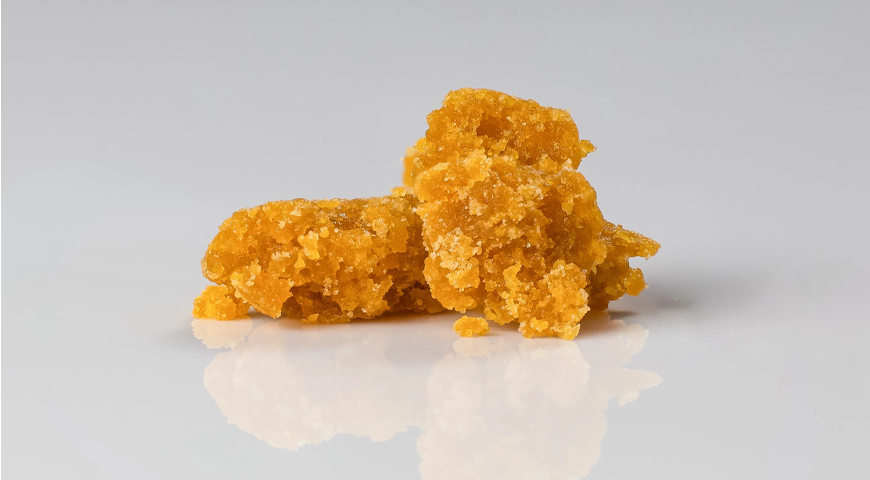
Storage Science
Proper storage transforms live rosin from a perishable concentrate into a long-lasting premium product—temperature, light, and container choice determine whether your investment thrives or degrades.
Live rosin’s delicate terpene profile and high-quality extraction make it particularly susceptible to environmental degradation. The only disadvantage with rosin is that it can degrade quicker than other concentrates. The best way to store rosin is in an airtight and UV-protected container stored in a cool, dry, and dark place.
Temperature zones require specific guidelines for fridge versus freezer storage. Refrigerator storage (35-40°F) works well for daily-use quantities consumed within 2-4 weeks. This temperature range slows terpene evaporation while maintaining workable consistency for dabbing or loading into devices.
Signs of Degradation
Recognizing degradation signs helps users determine when live rosin quality has declined beyond acceptable levels.
Visual changes demand careful monitoring. Fresh live rosin typically displays light amber to golden colors with translucent to opaque consistency. Darkening color often indicates oxidation, while white or gray discoloration may suggest mold contamination requiring immediate disposal.
Texture changes provide important quality indicators. Fresh live rosin maintains its original consistency—whether badder, sauce, or wax-like texture. Hardening, excessive stickiness, or separation into distinct layers suggests degradation or contamination.
Terpene degradation occurs faster than cannabinoid degradation, meaning flavor and aroma disappear before potency significantly declines.
Visible Mold Growth – Any fuzzy spots, discoloration, or mold requires complete disposal—don’t attempt to salvage unaffected portions as mold spores spread throughout the product invisibly
Off-putting Odors – Sour, musty, or chemical smells indicate contamination or severe degradation—trust your senses and discard if something seems wrong
Legal Considerations
Navigate live rosin’s legal landscape with confidence—understanding state laws, possession limits, and safety practices protects both your freedom and your health.
Cannabis legalization continues evolving rapidly across the United States, creating a complex patchwork of state and local regulations. There are currently 20+ states in the United States that have legalized recreational marijuana as of 2025, either by ballot measure or by legislative action.
Federal prohibition remains in effect despite state legalization, creating ongoing legal uncertainties for interstate travel and commerce. Understanding both state and federal implications helps users make informed decisions about possession, consumption, and travel with live rosin products.
Conclusion
Live rosin represents the pinnacle of cannabis extraction—a pure, solventless concentrate that preserves the plant’s complete essence through artisanal techniques and scientific precision. From its fresh-frozen origins to careful ice water extraction and precise pressing, live rosin delivers uncompromising quality that justifies its premium pricing for consumers seeking the most authentic cannabis experience possible.
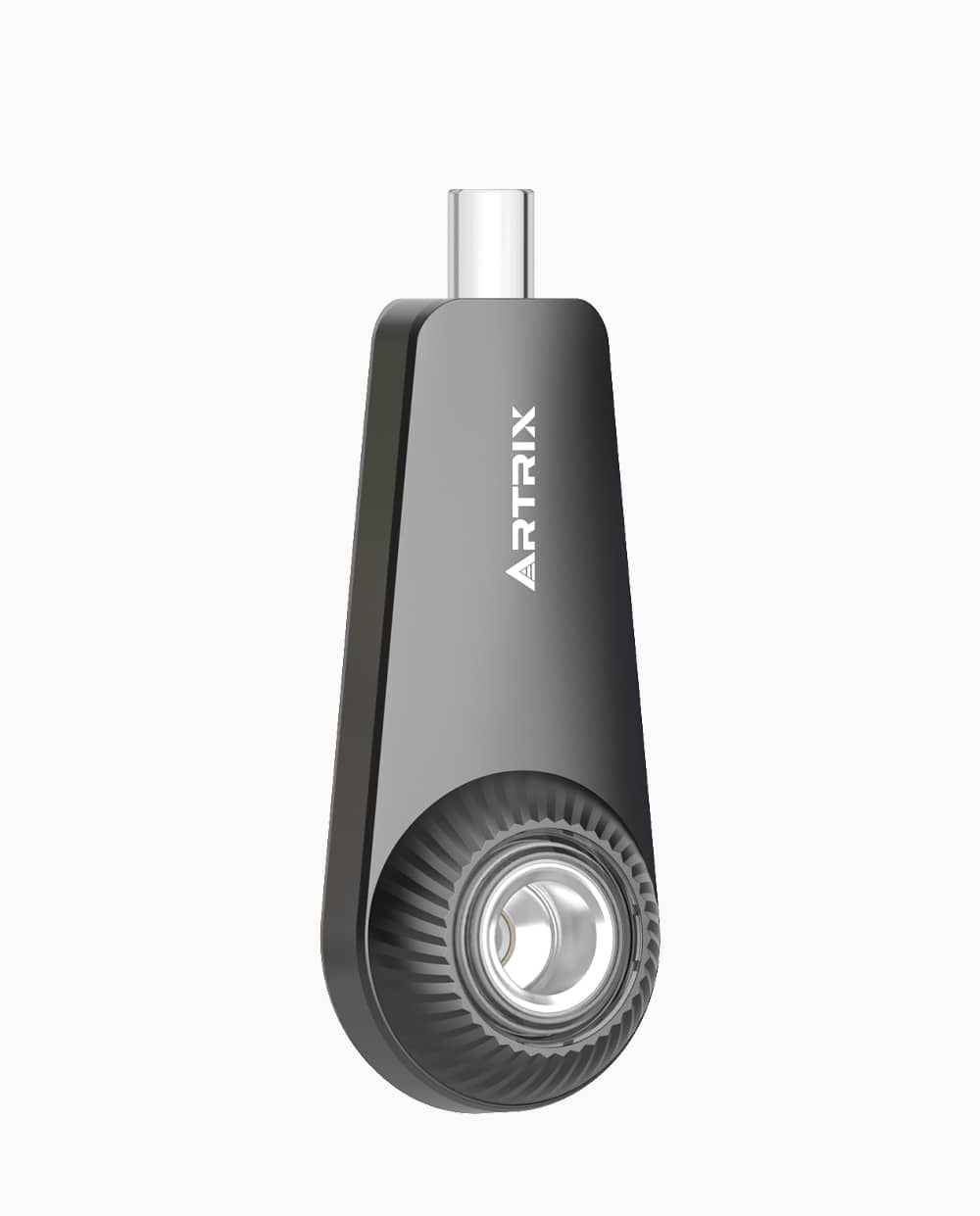
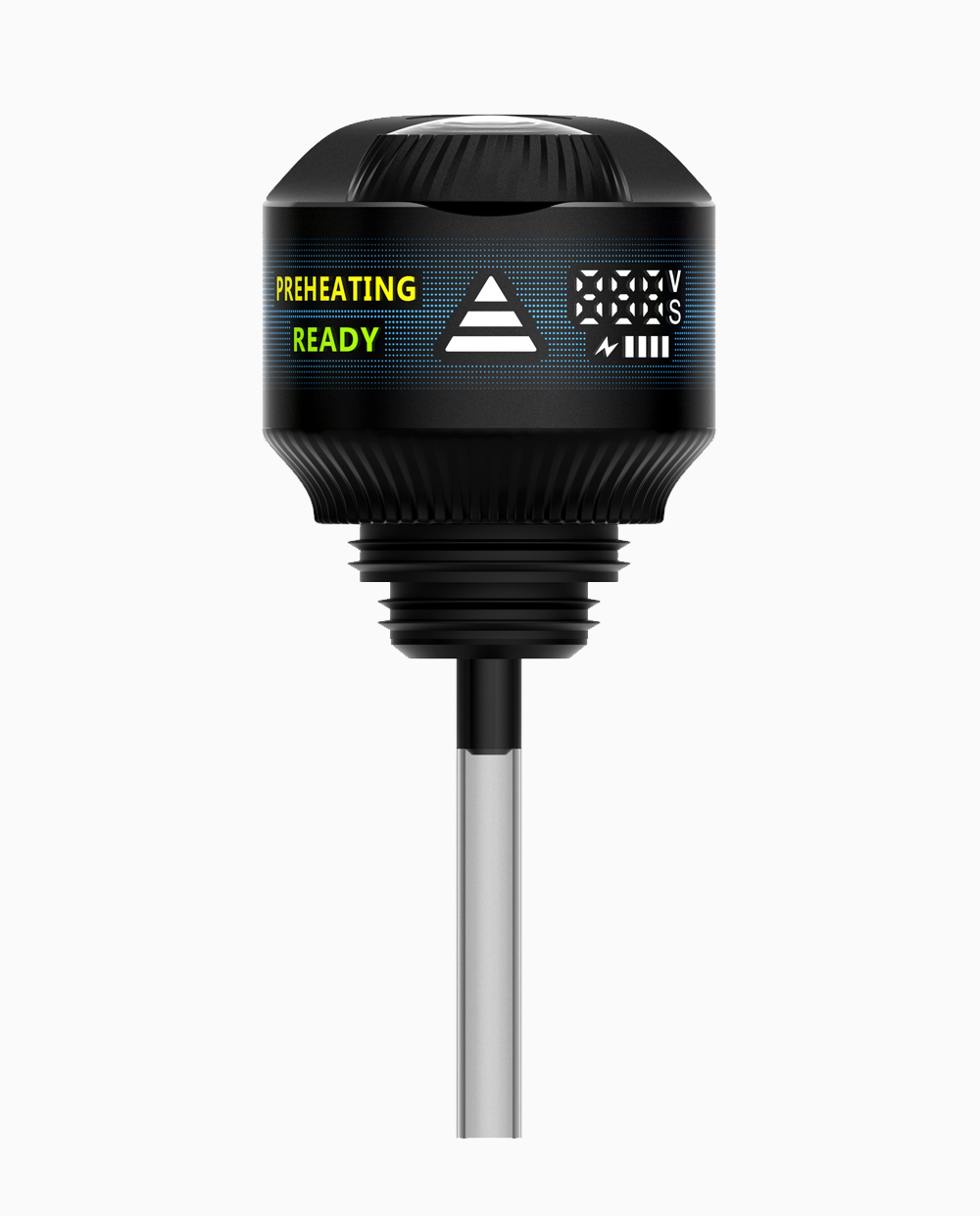
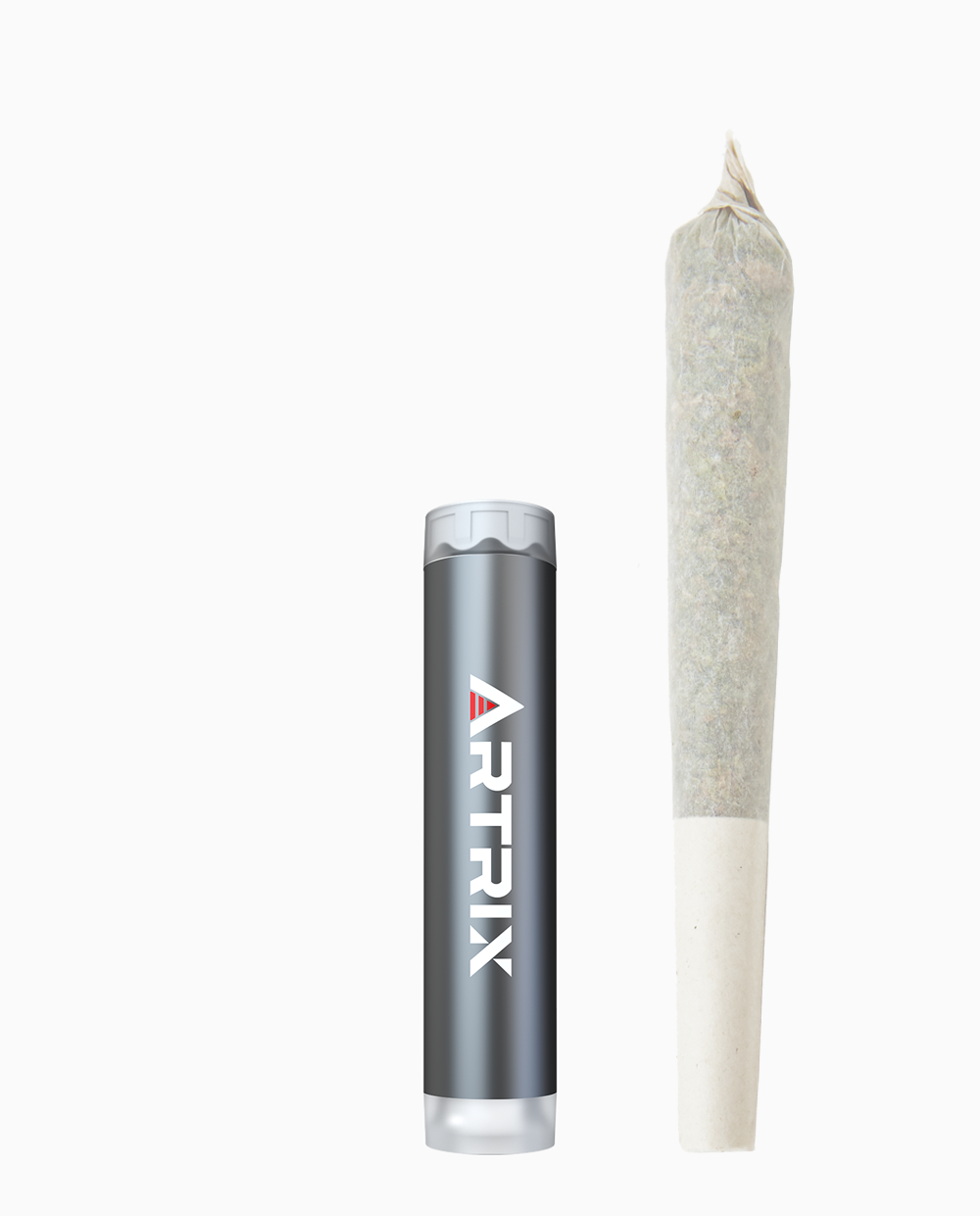
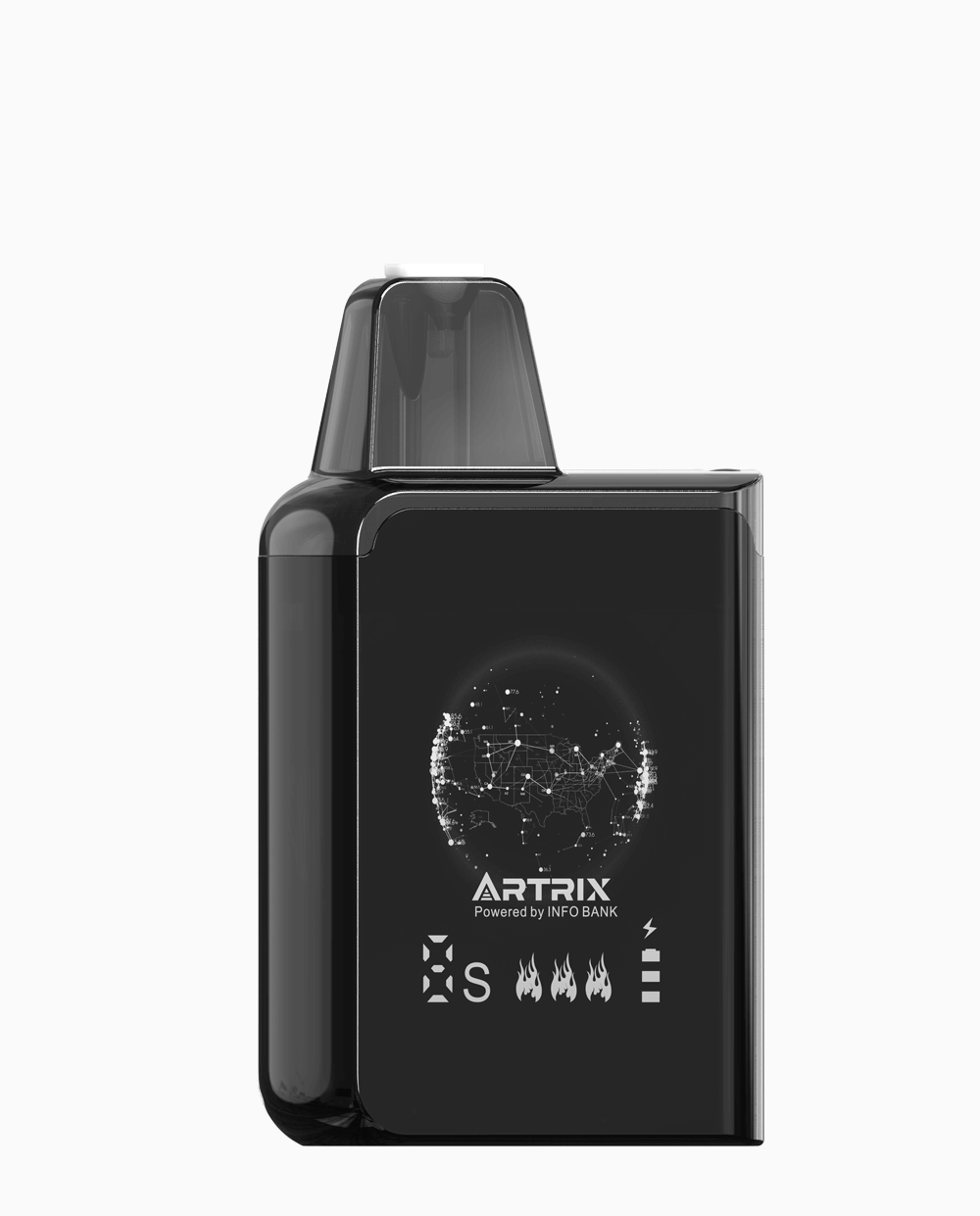
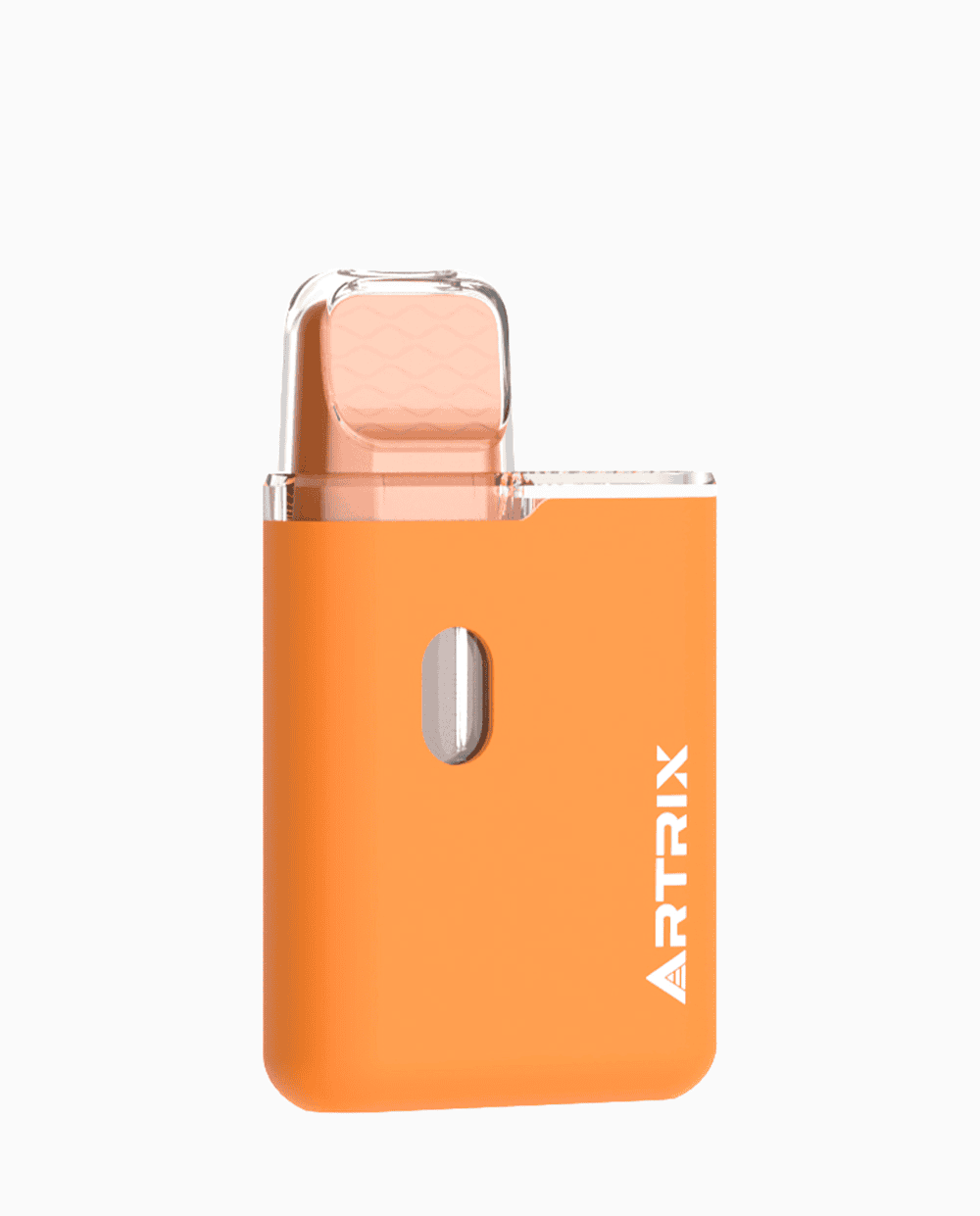
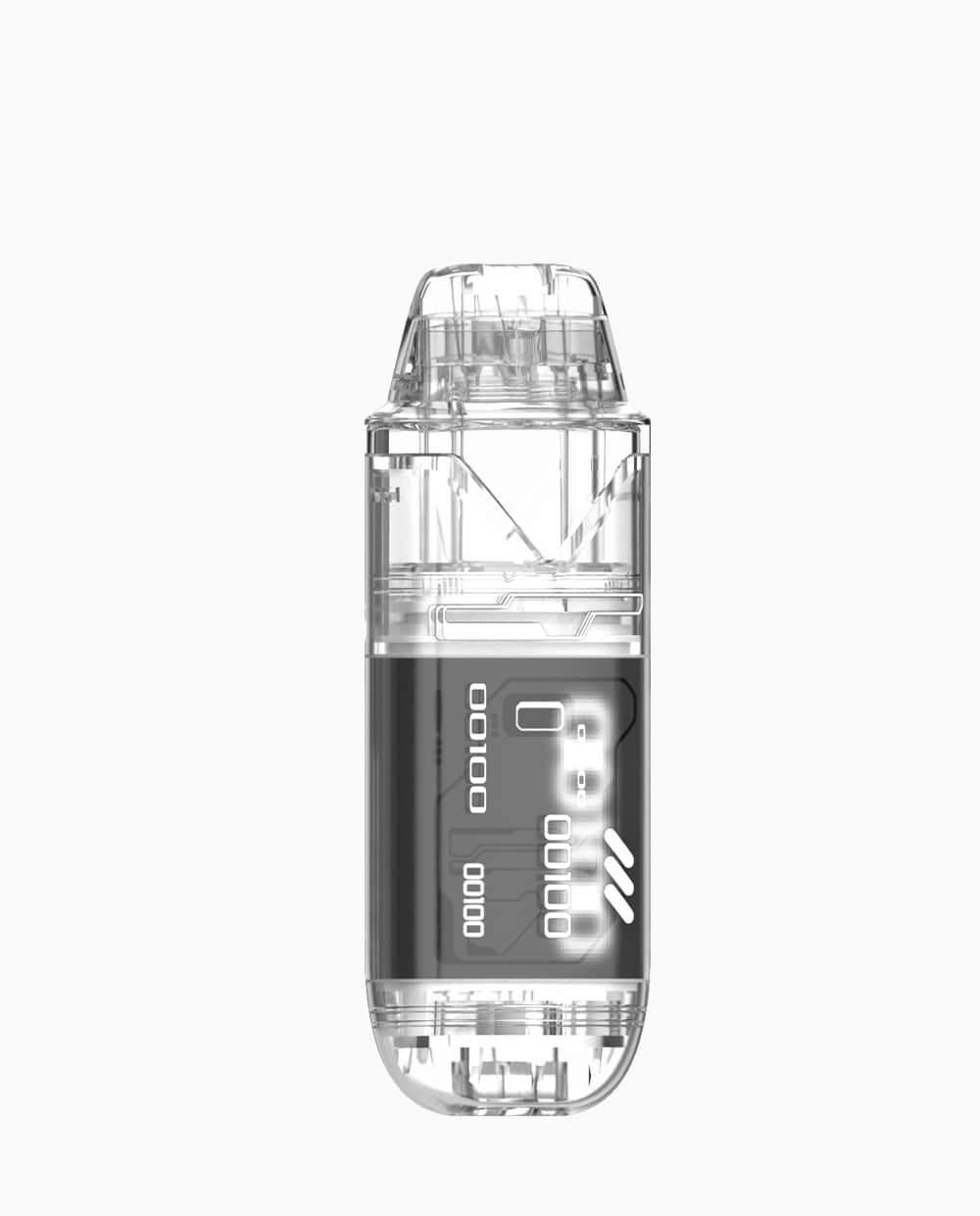
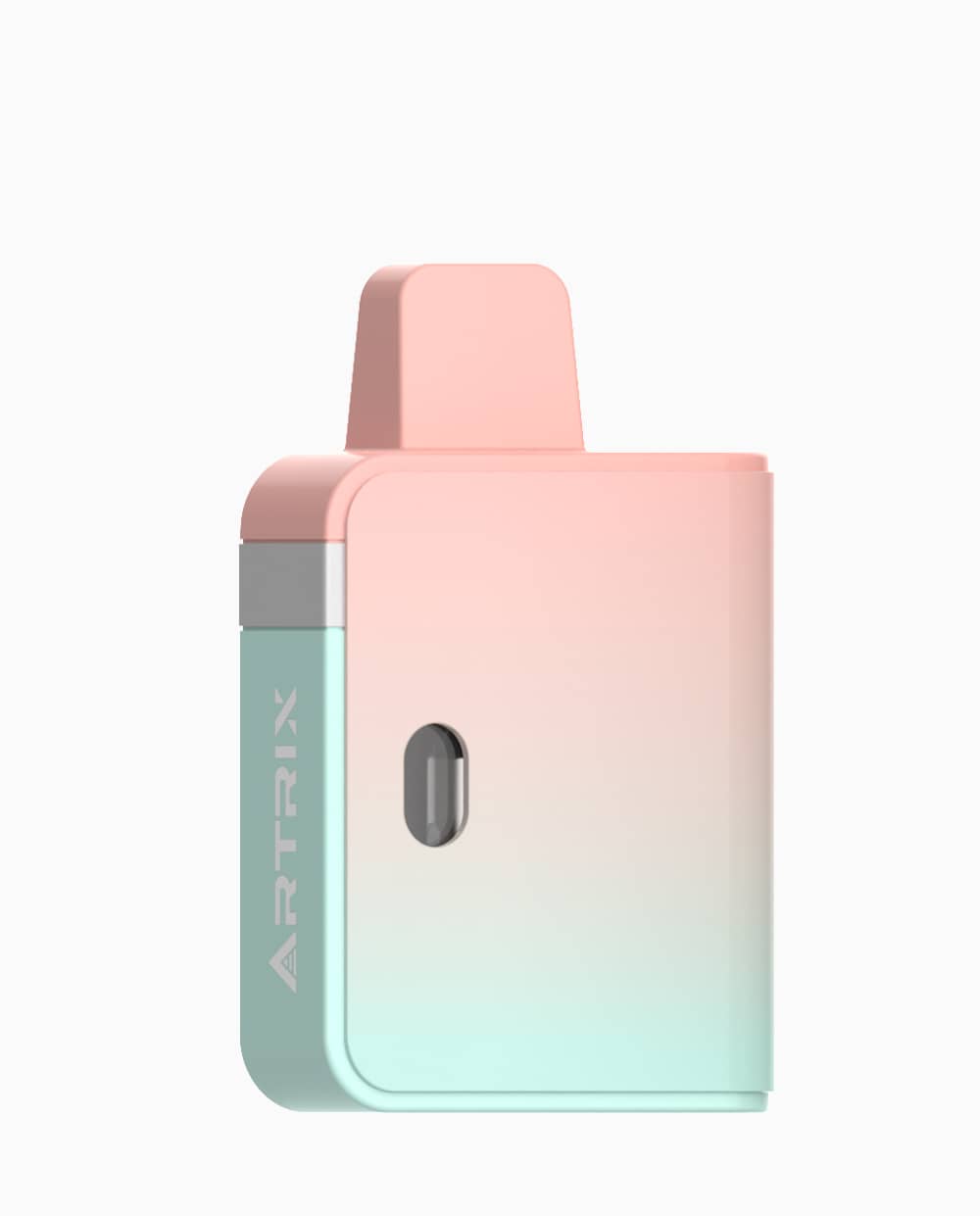
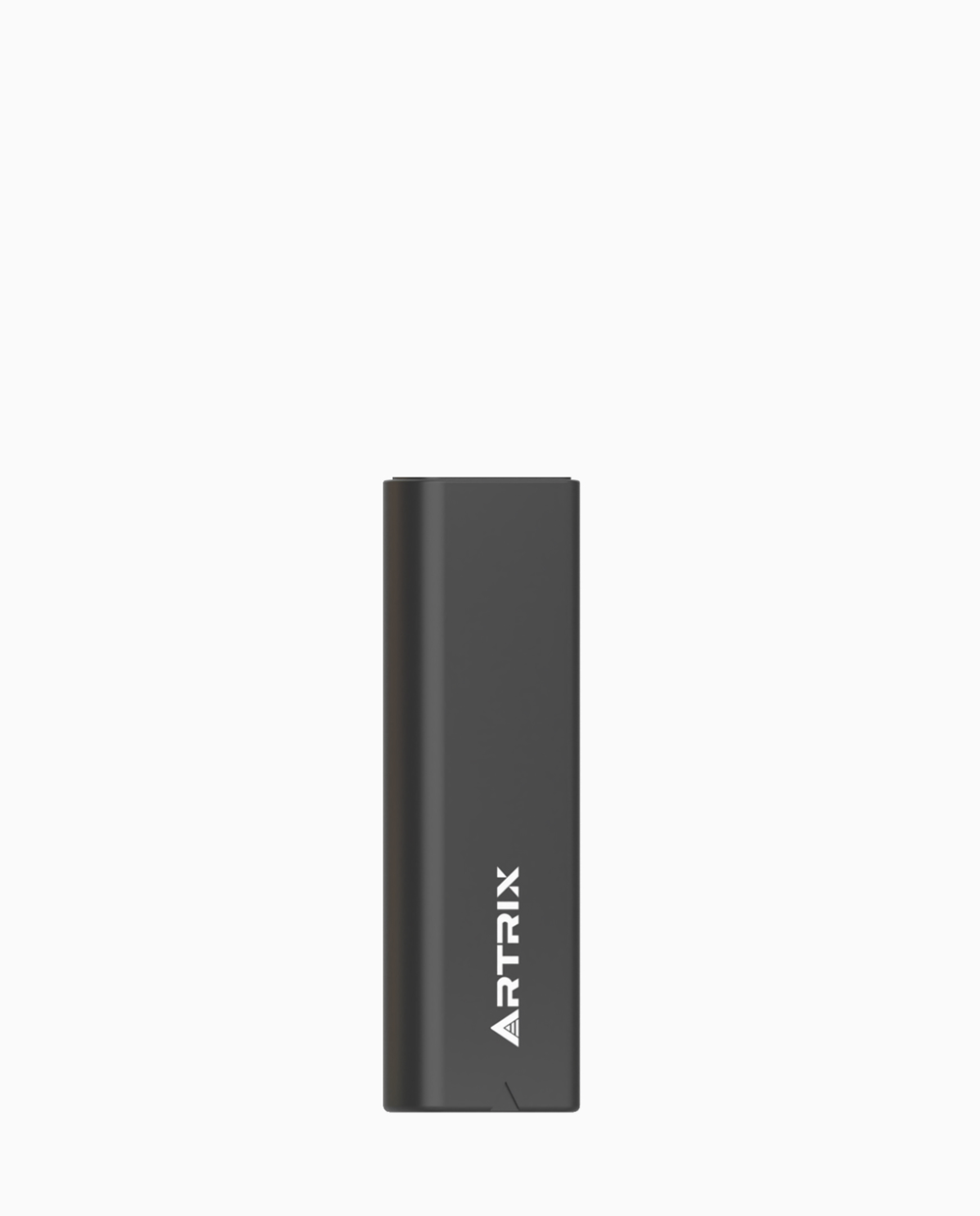

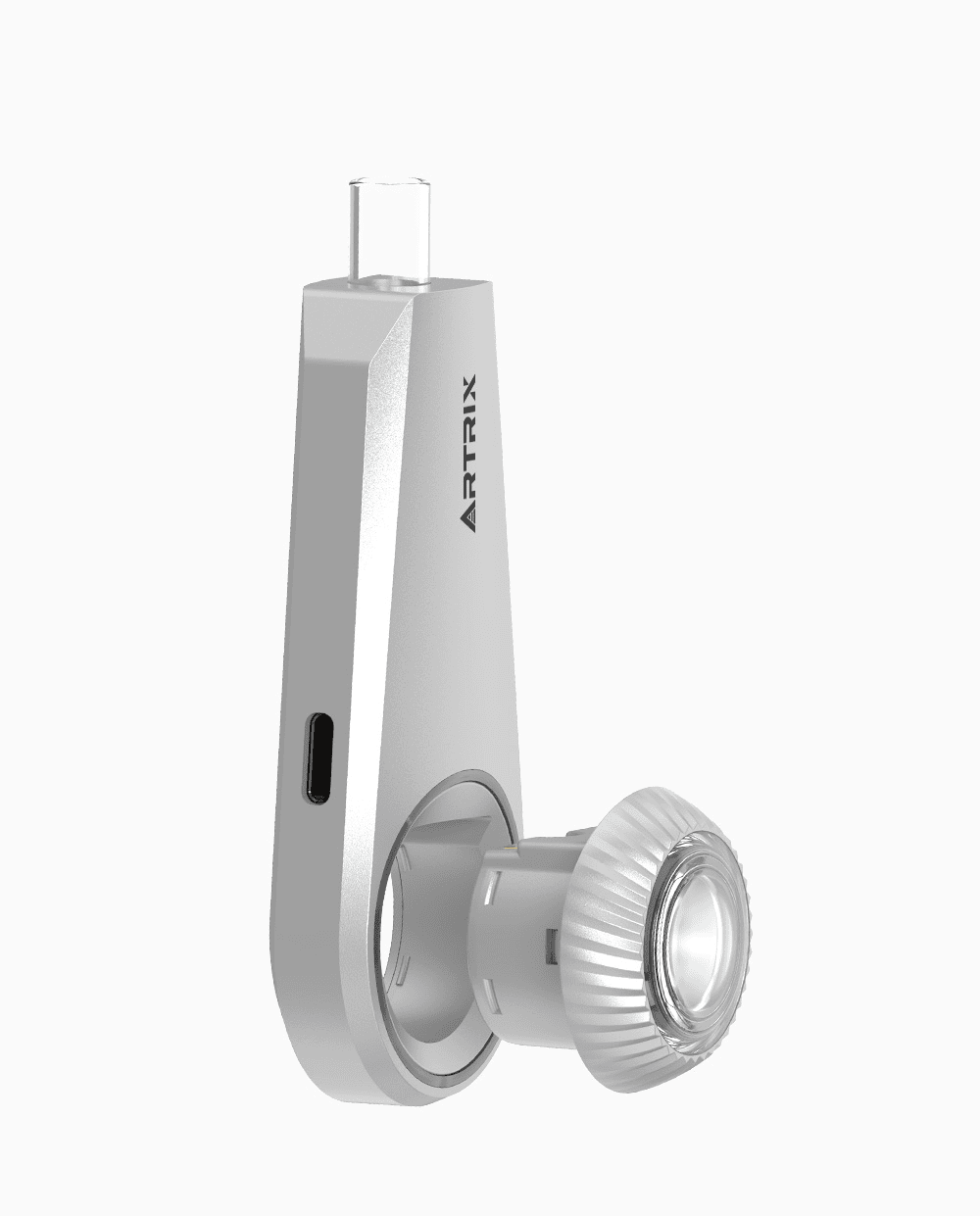
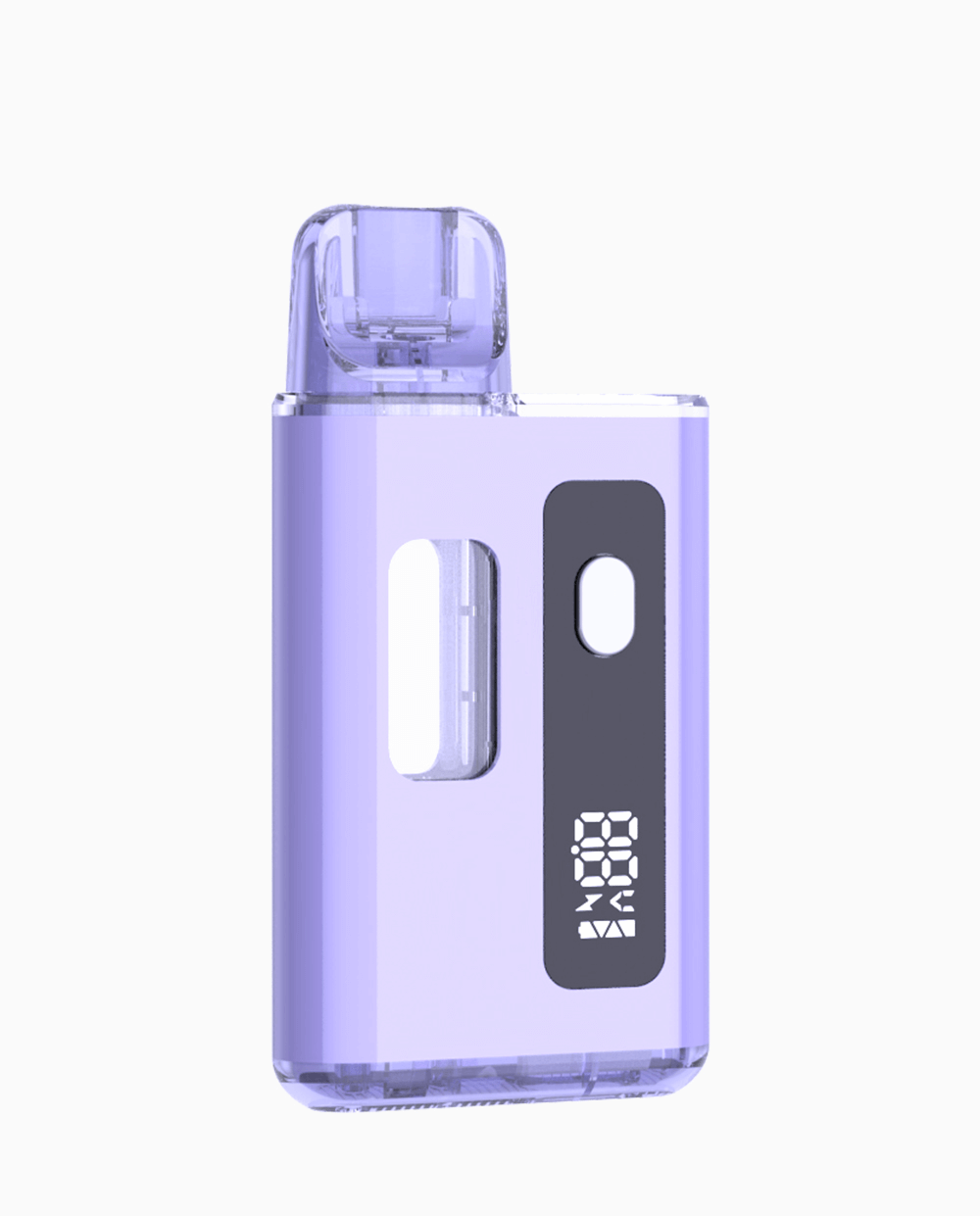
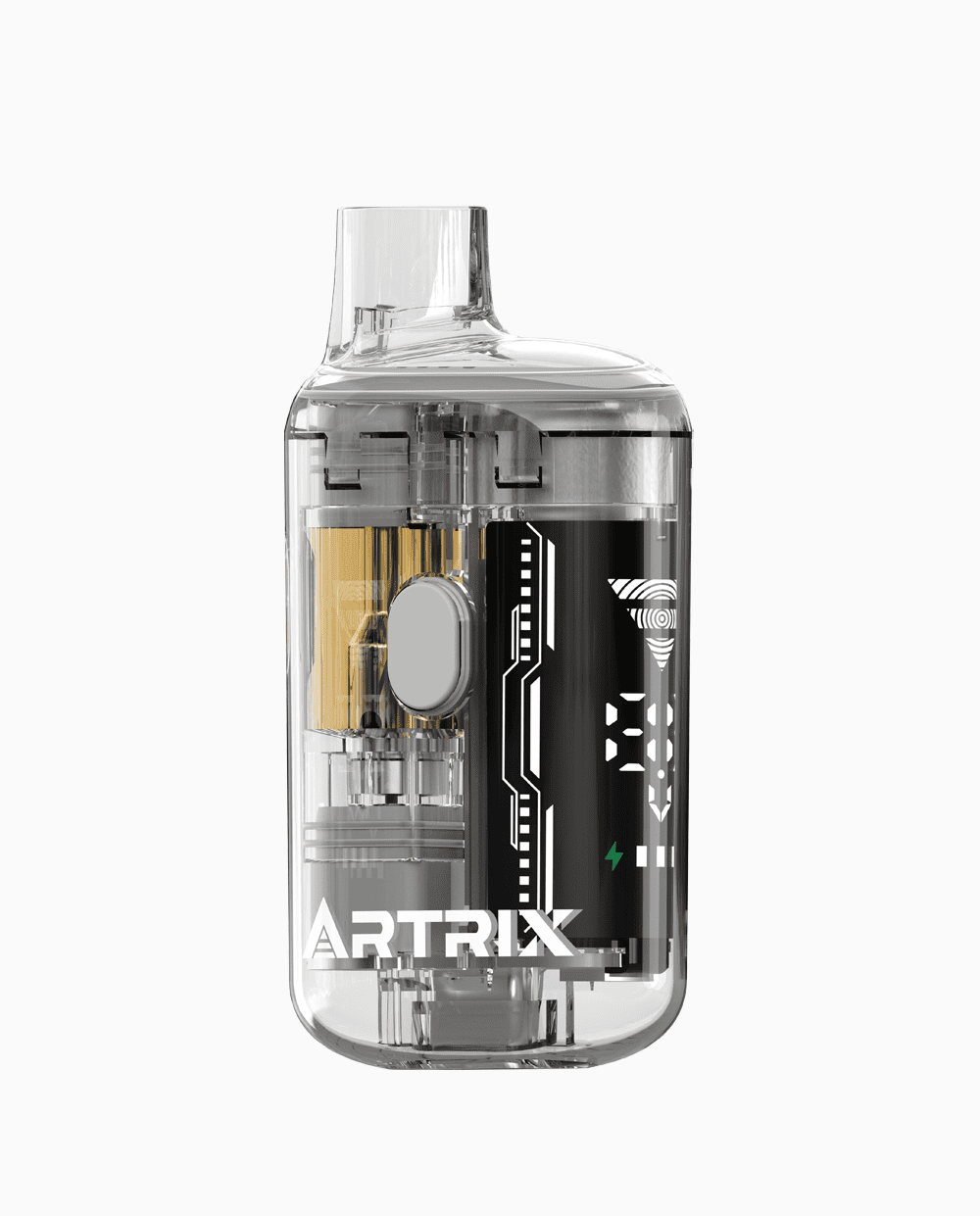
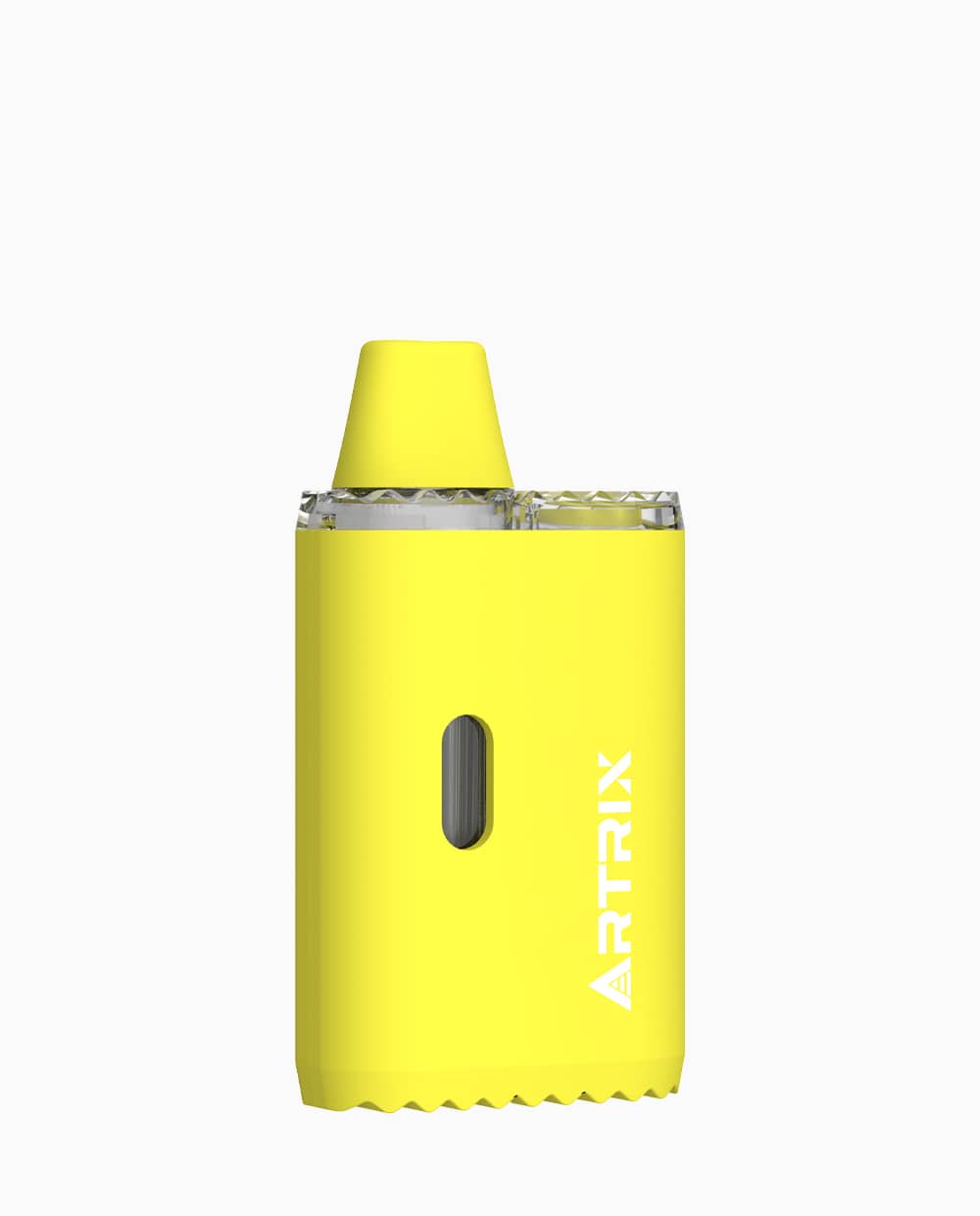
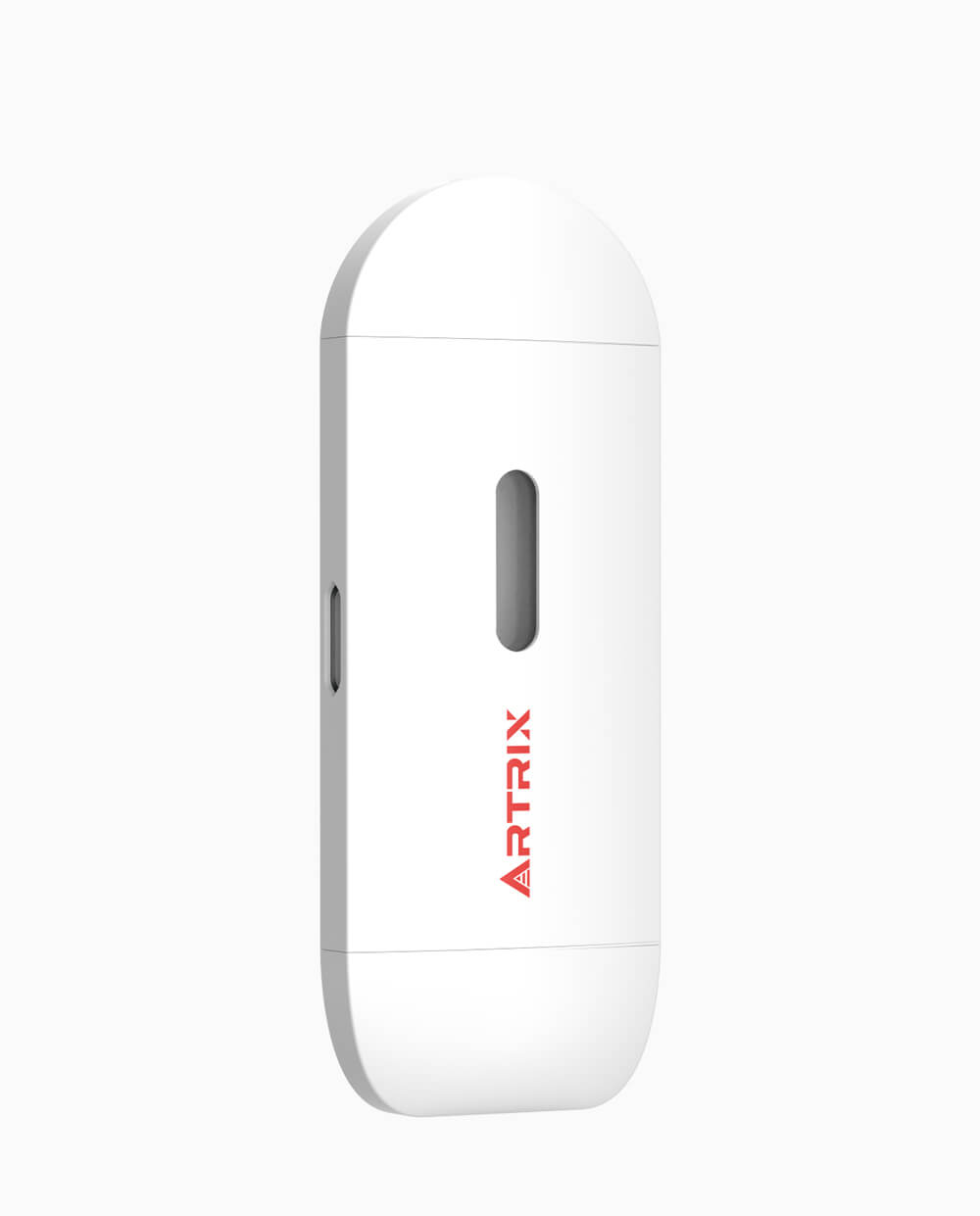
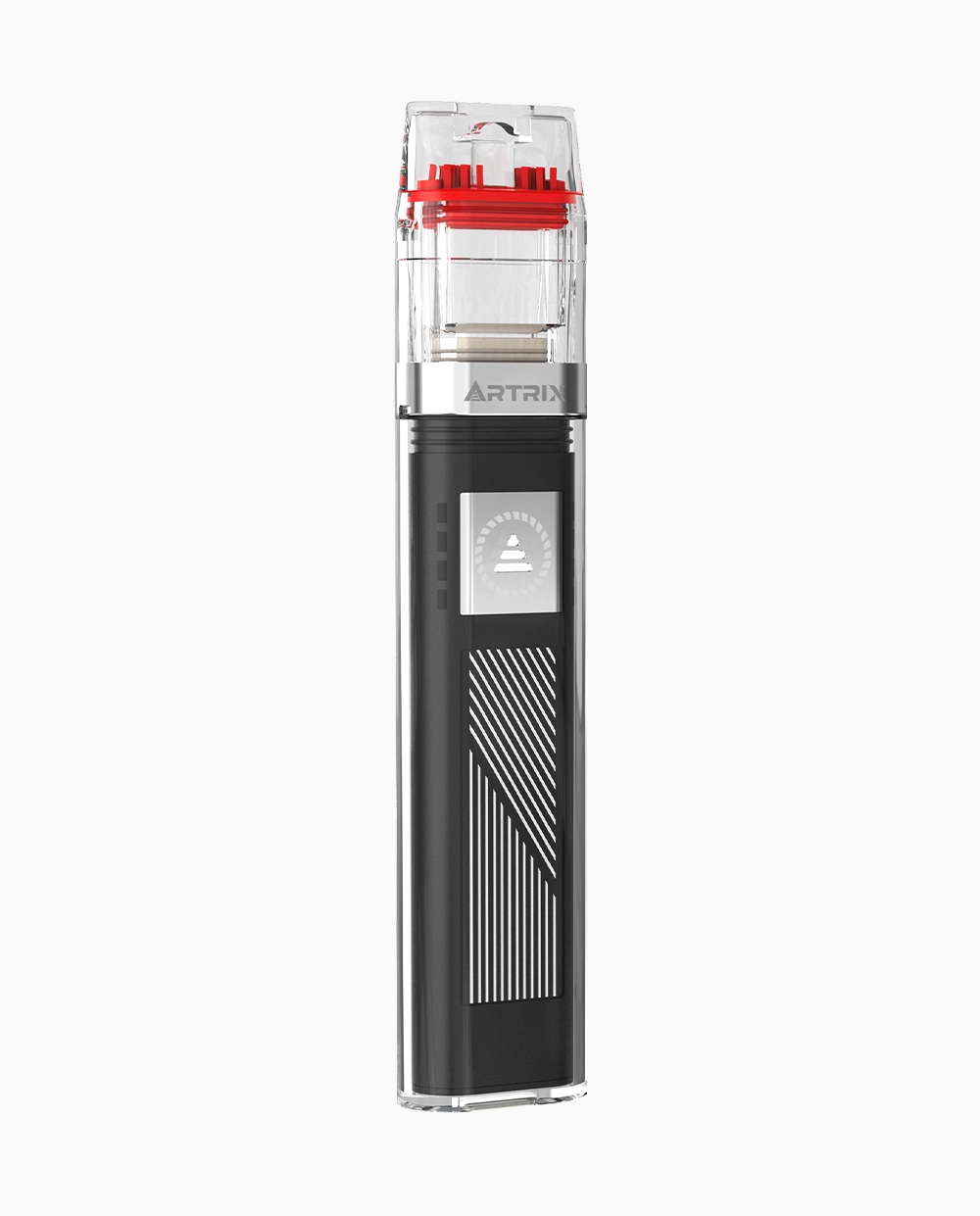
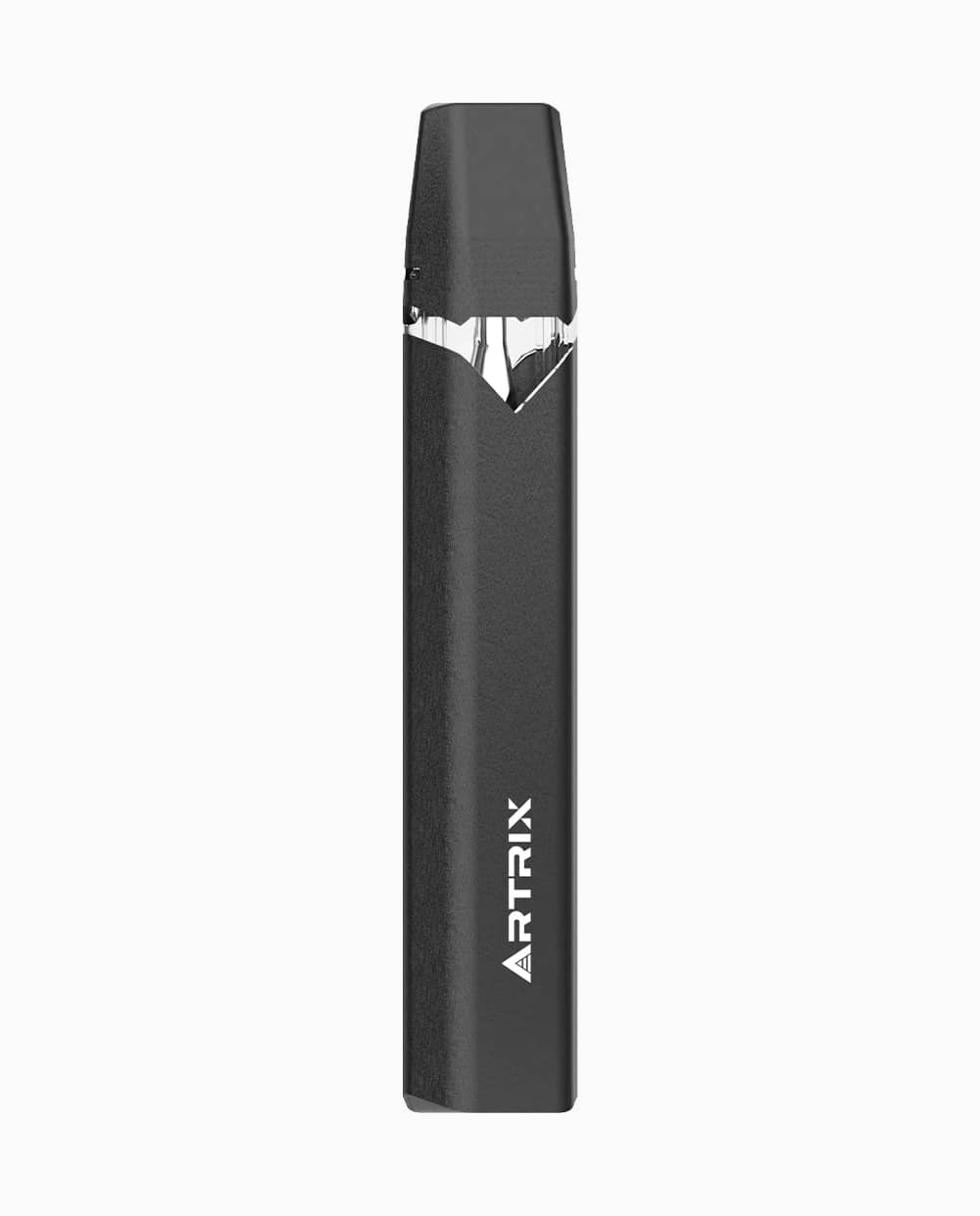
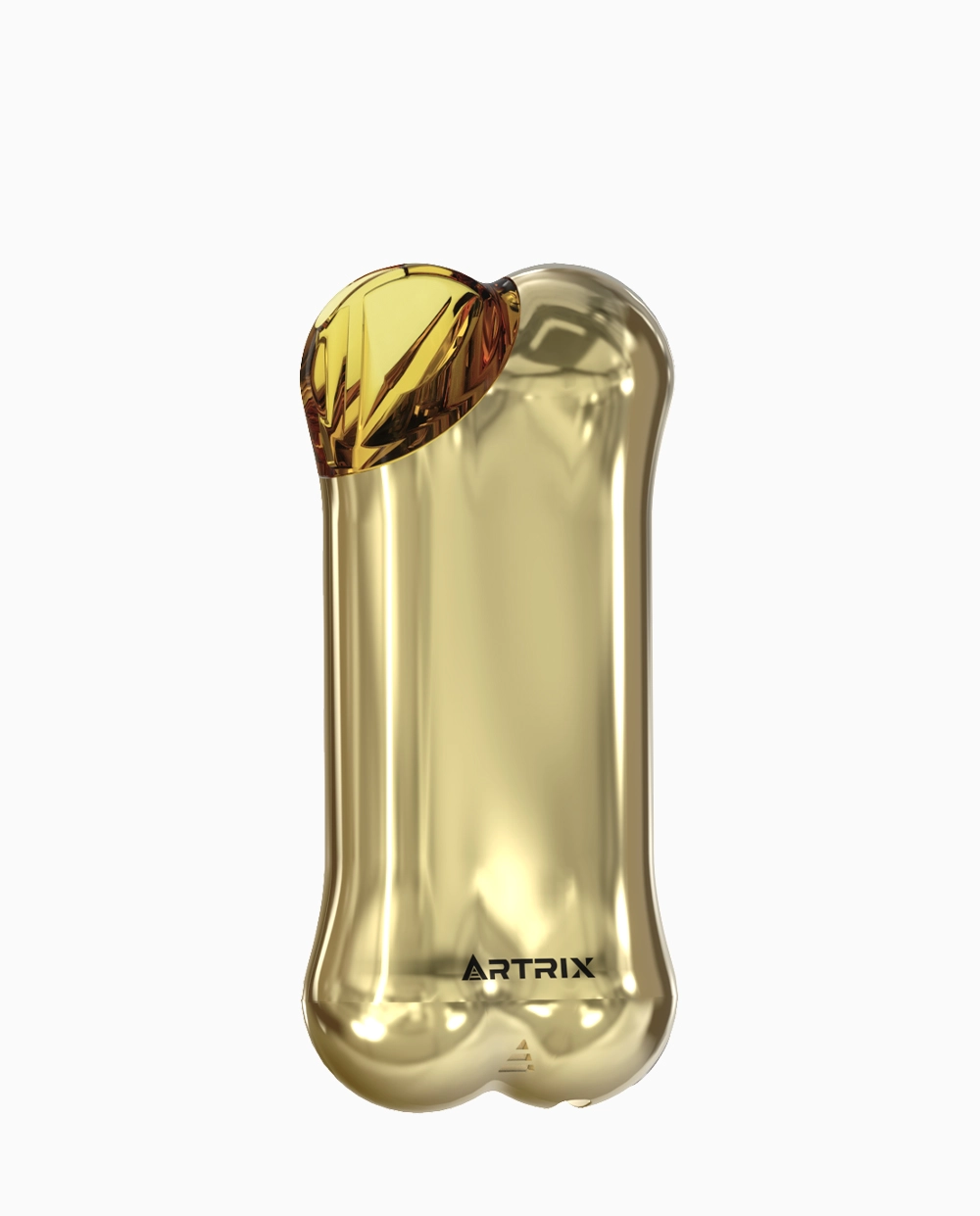
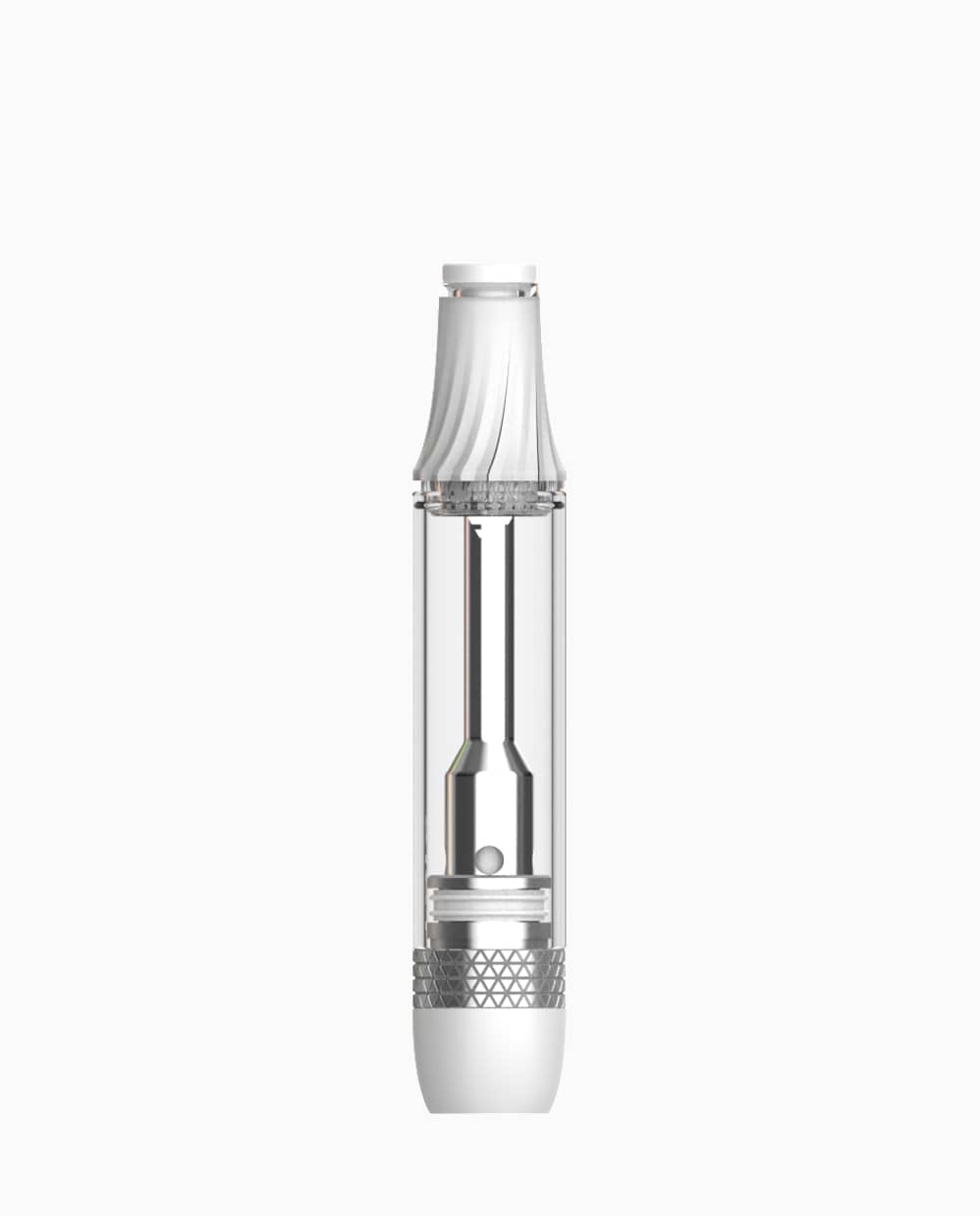

-1.webp)
-1.webp)
-2.webp)
